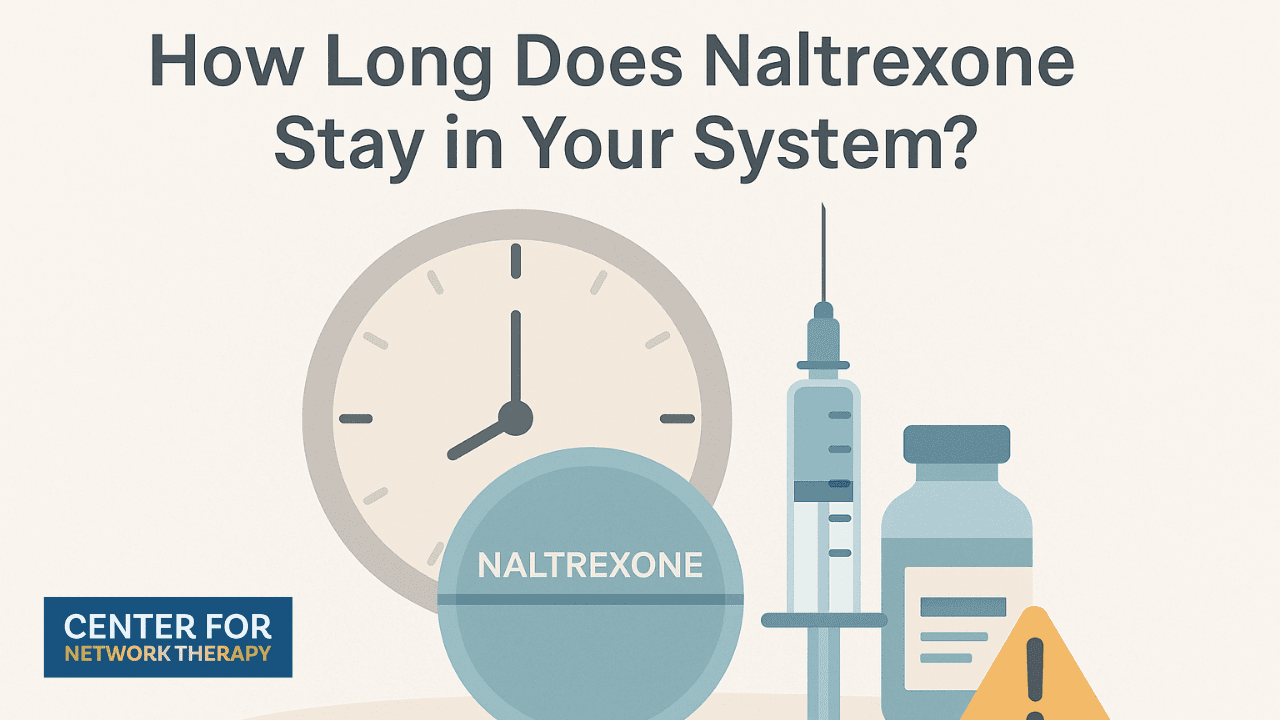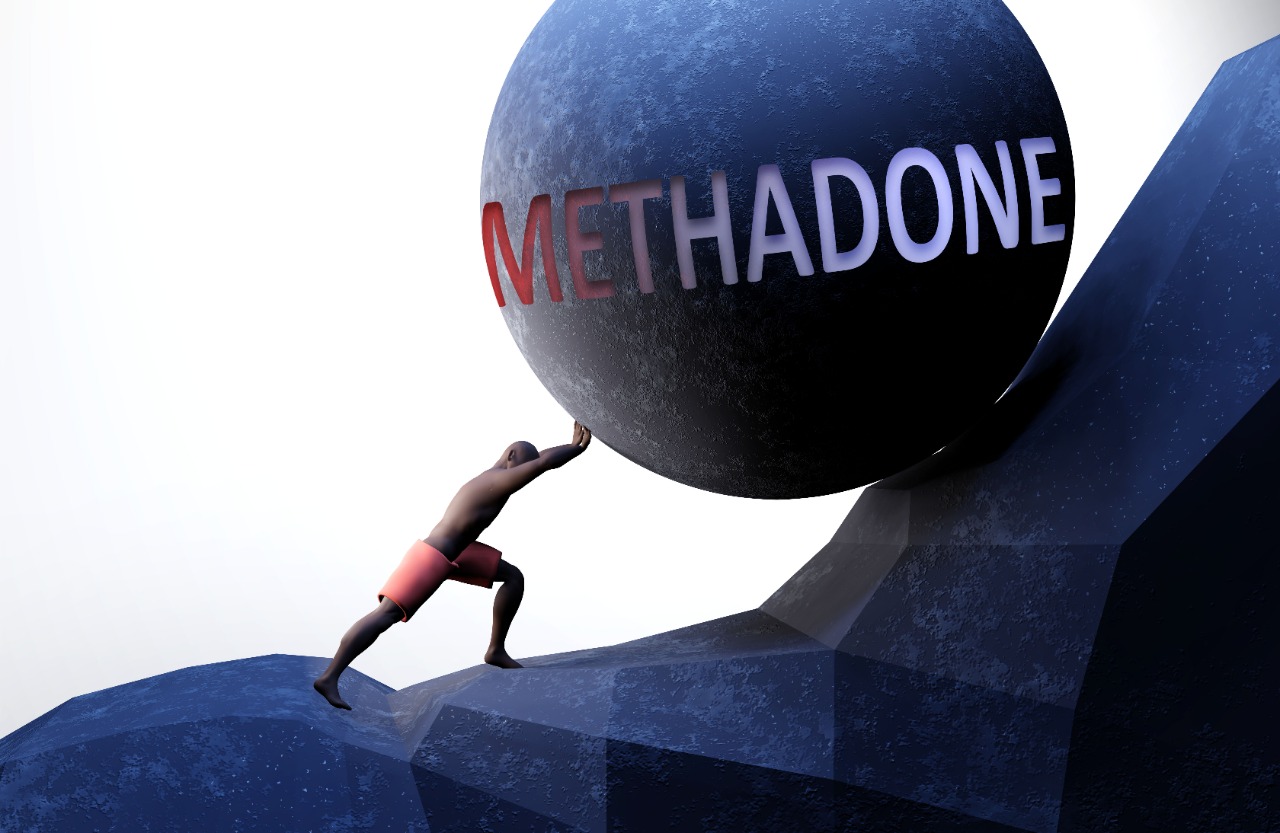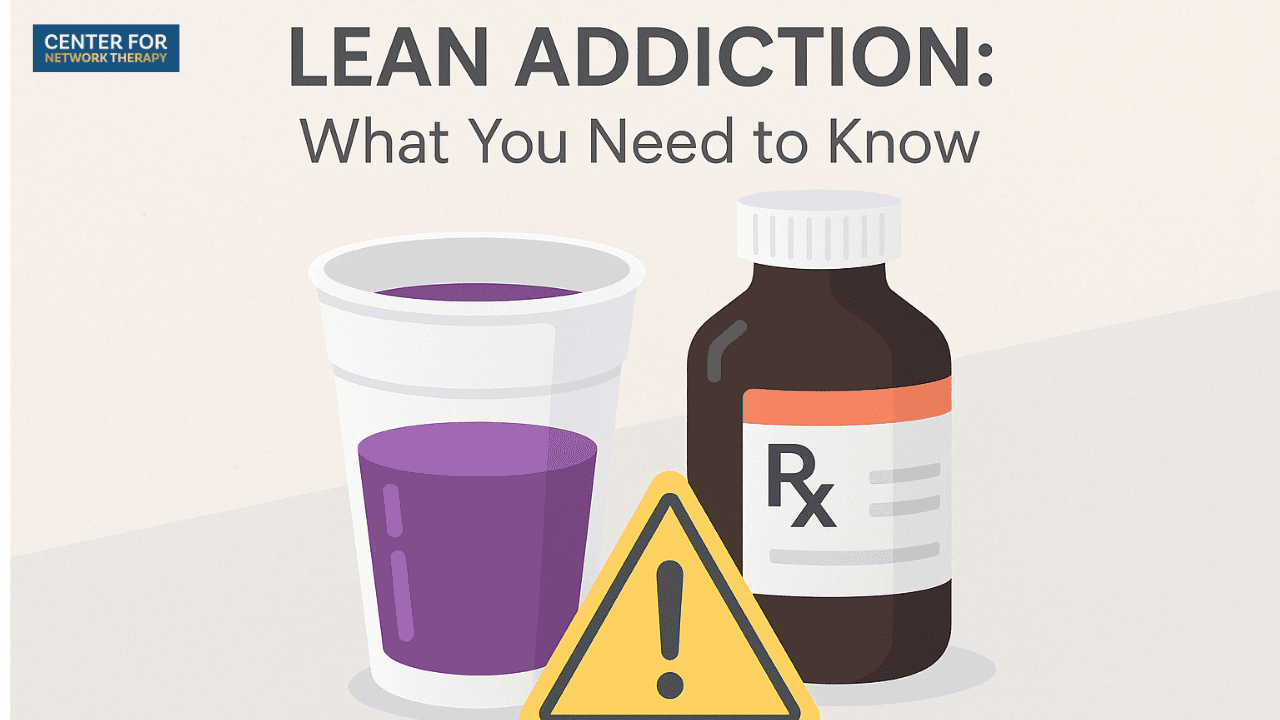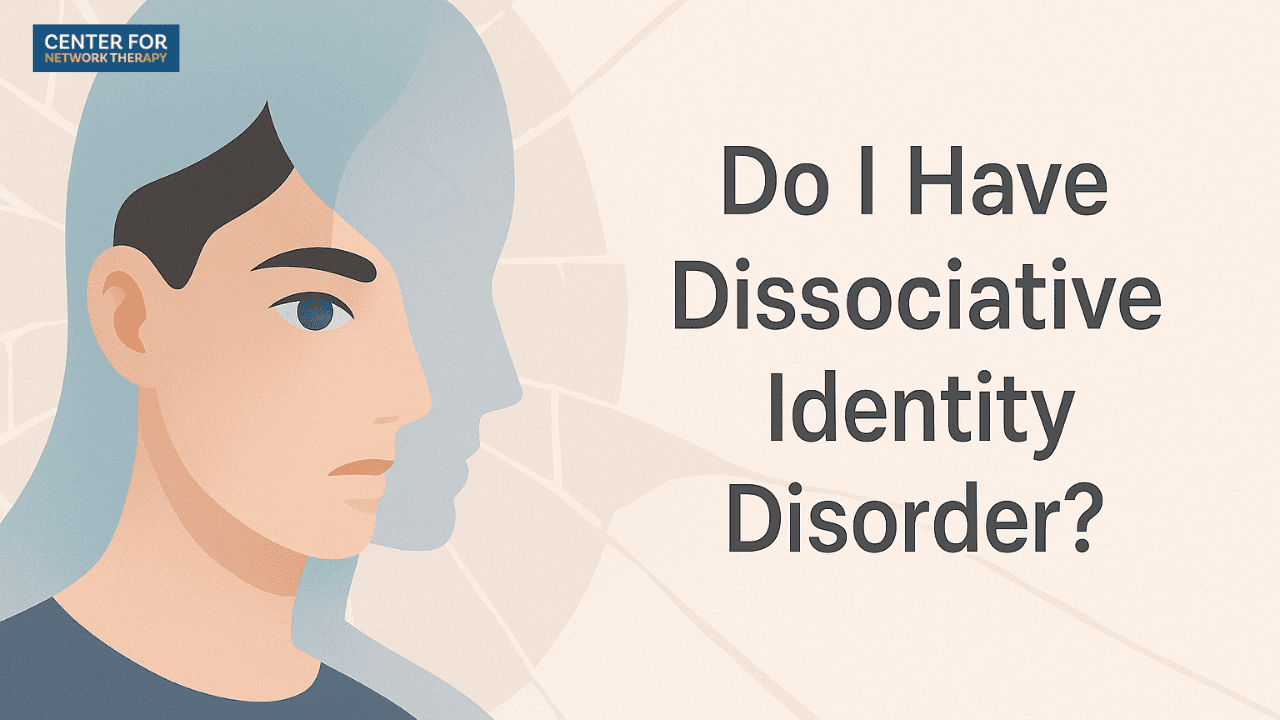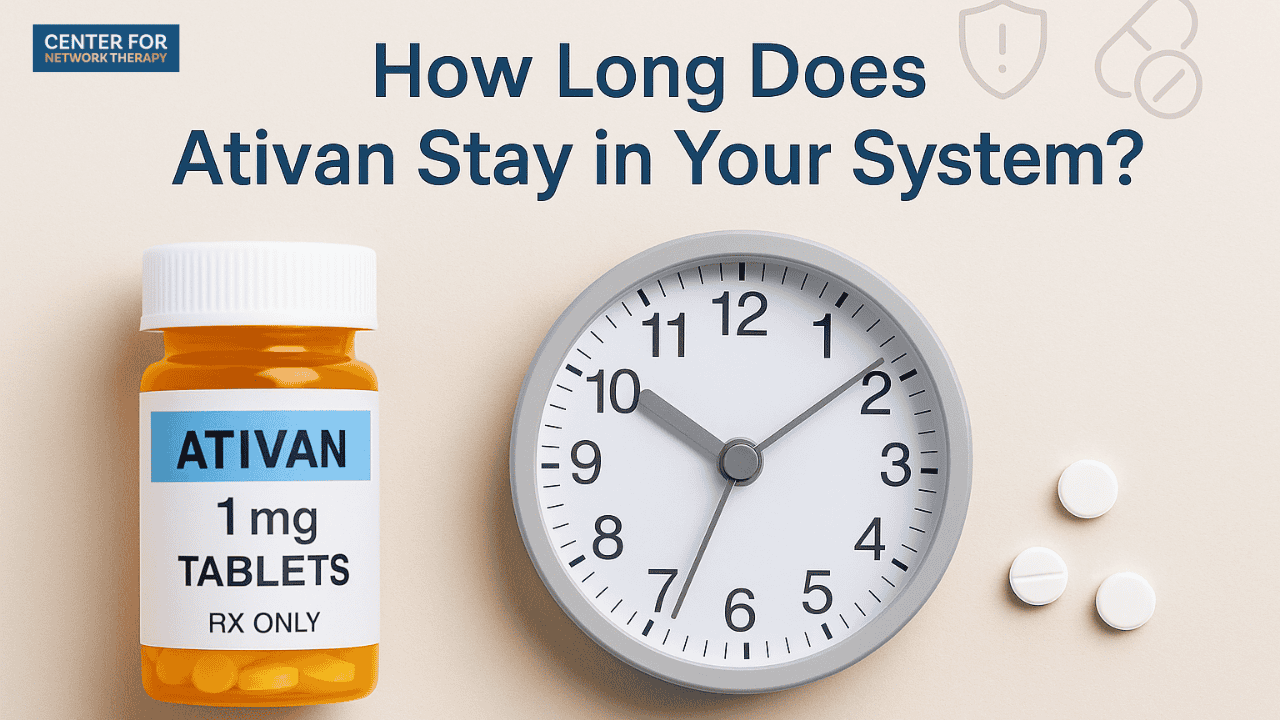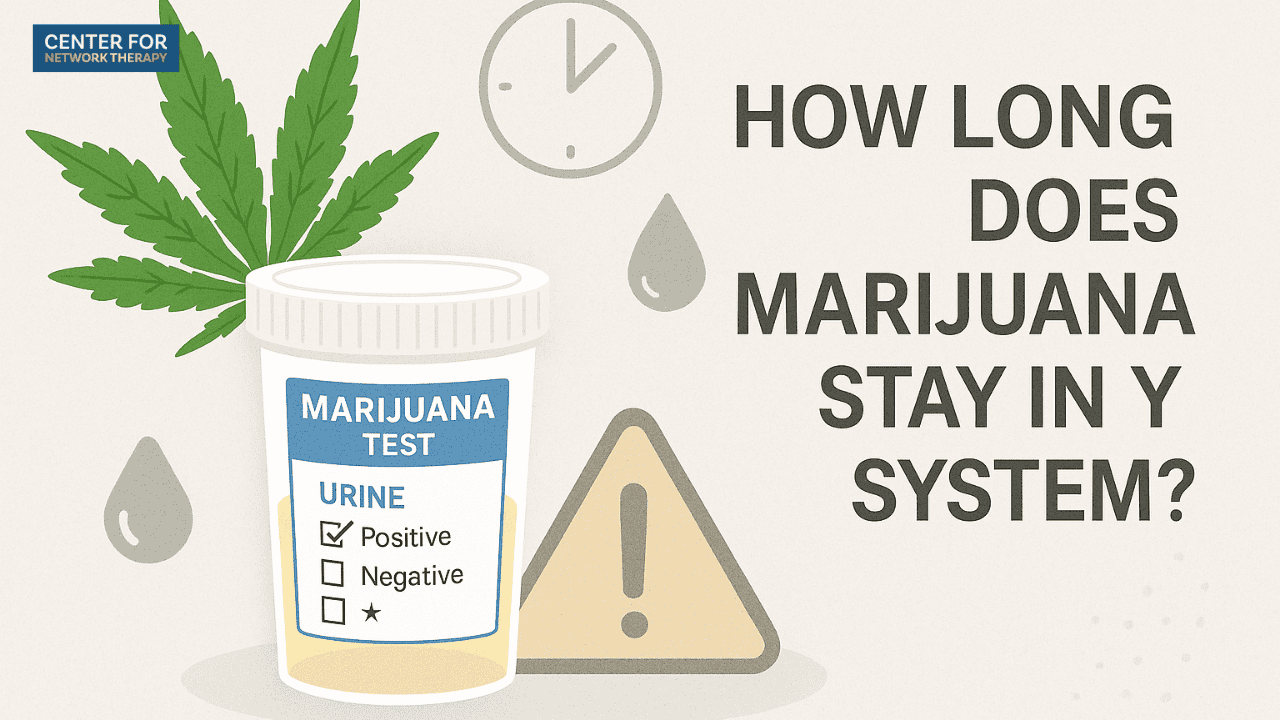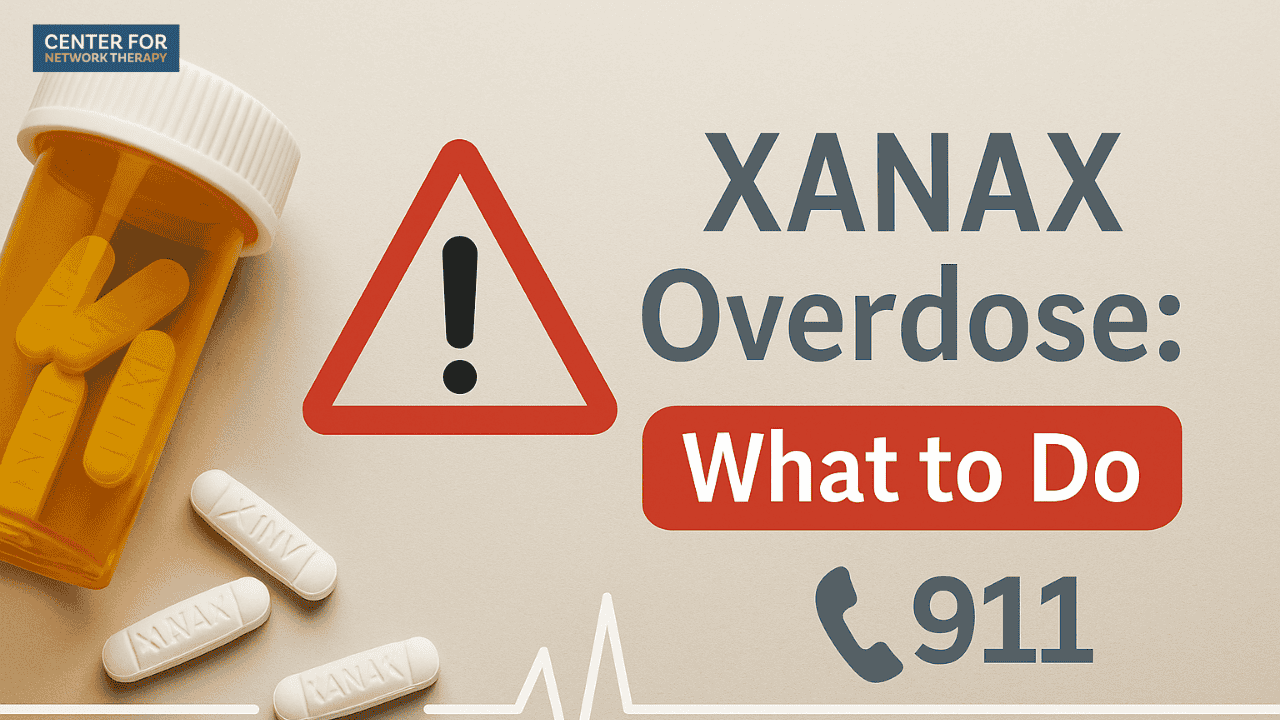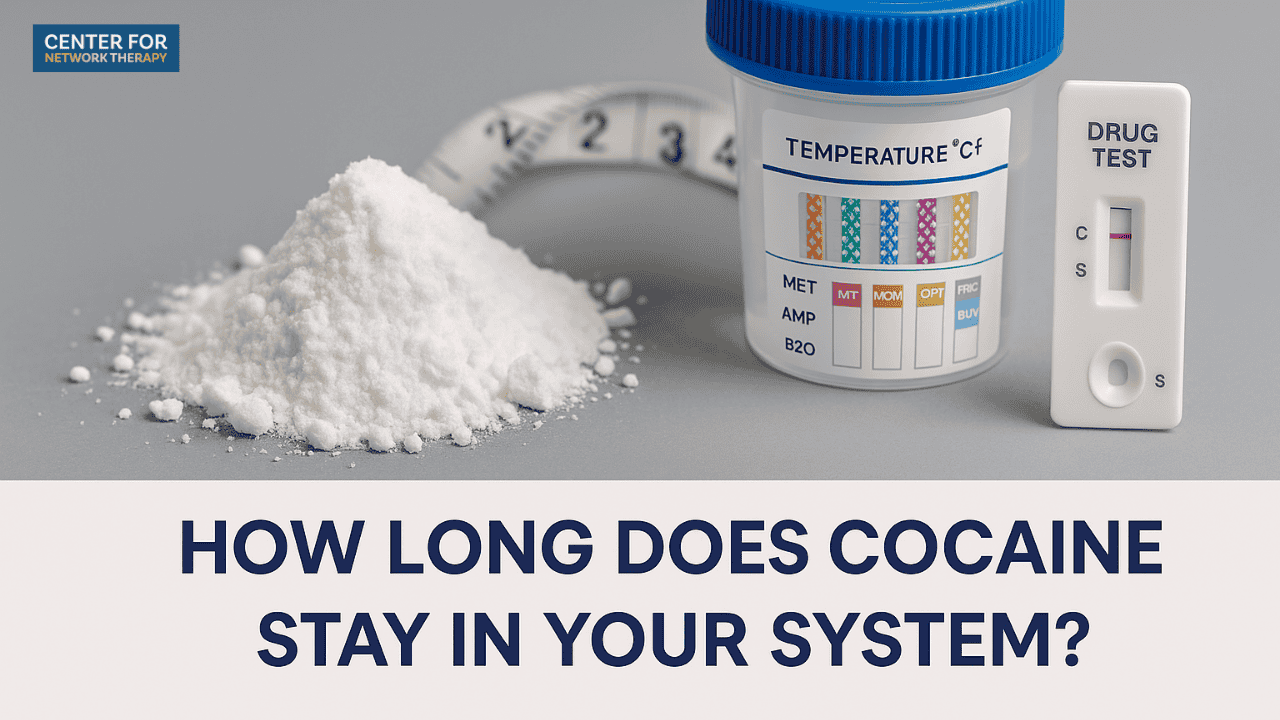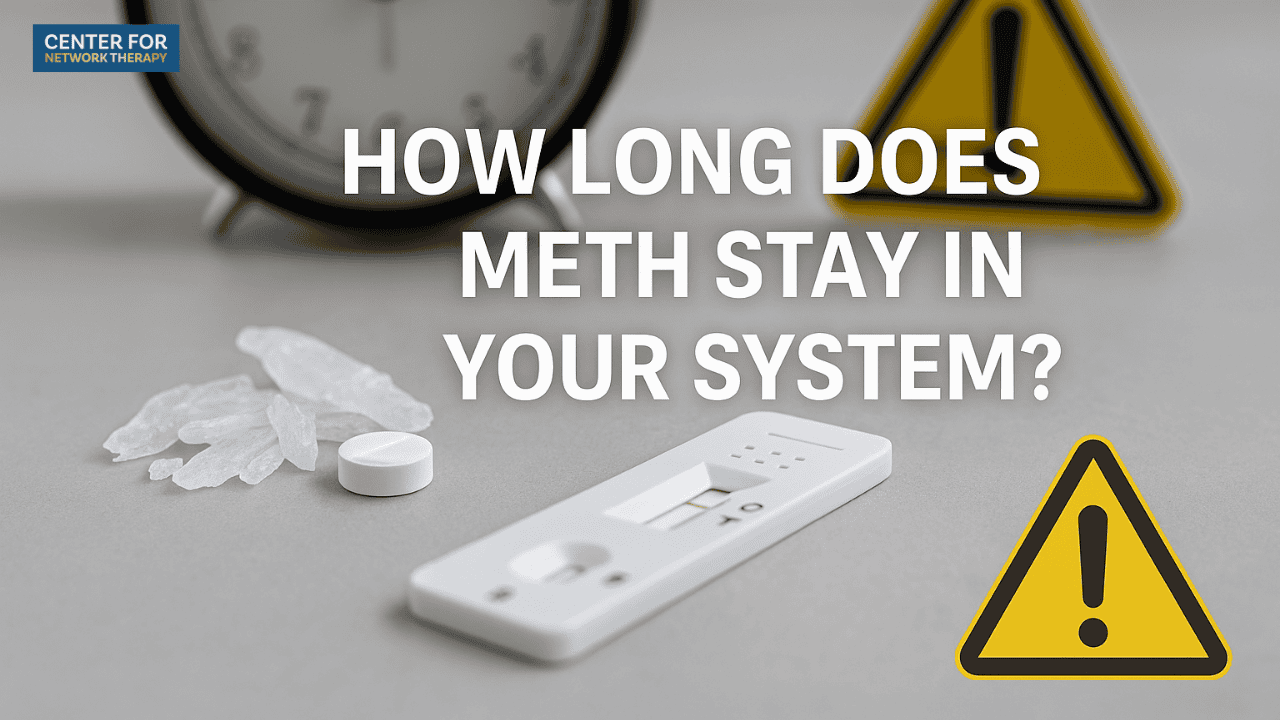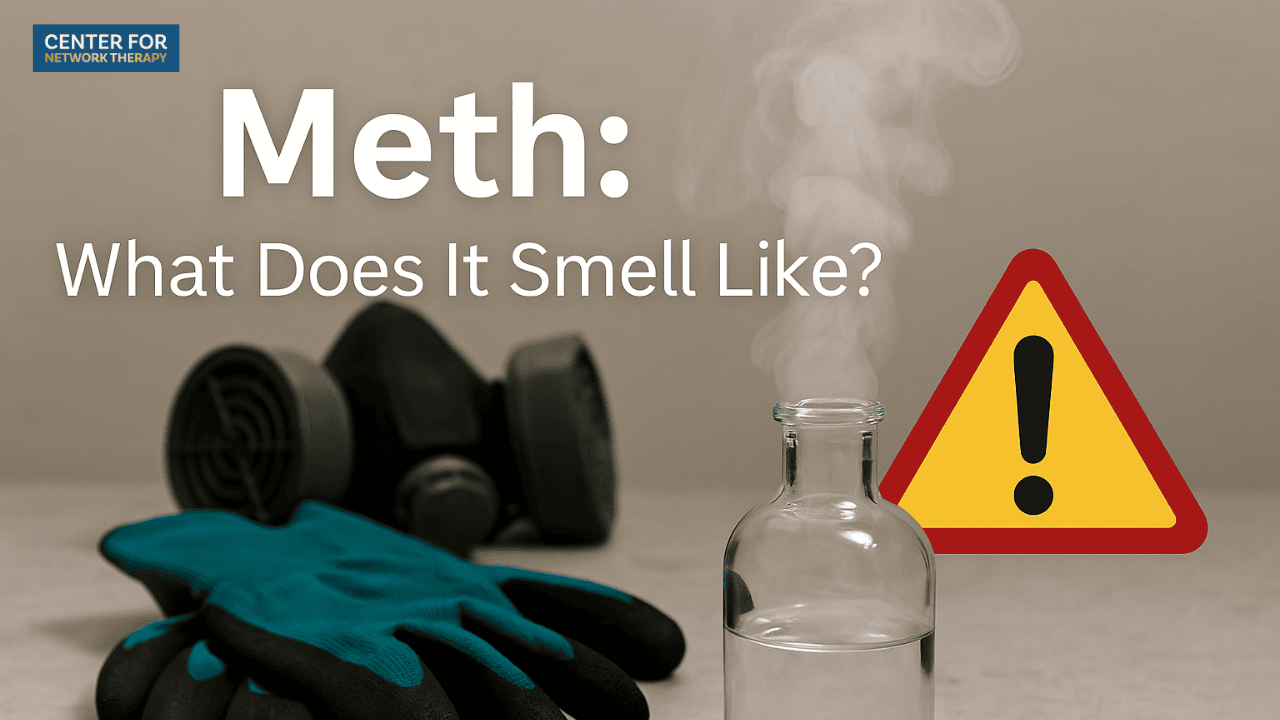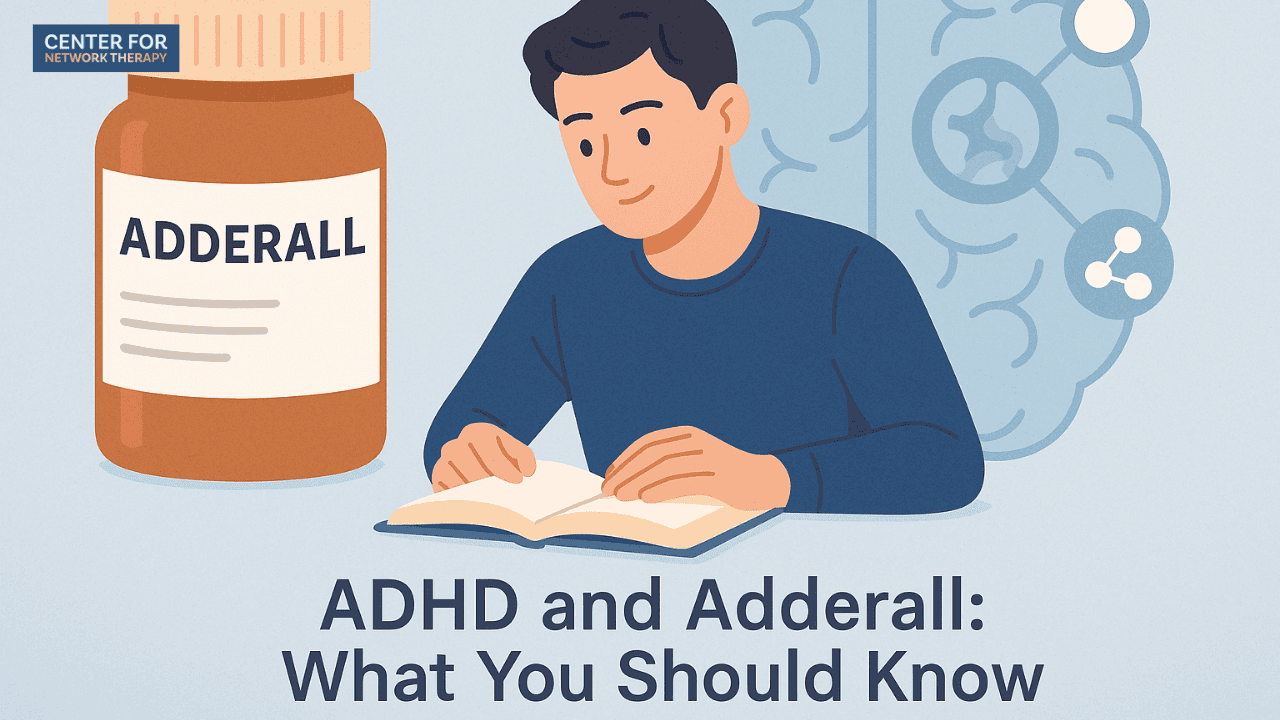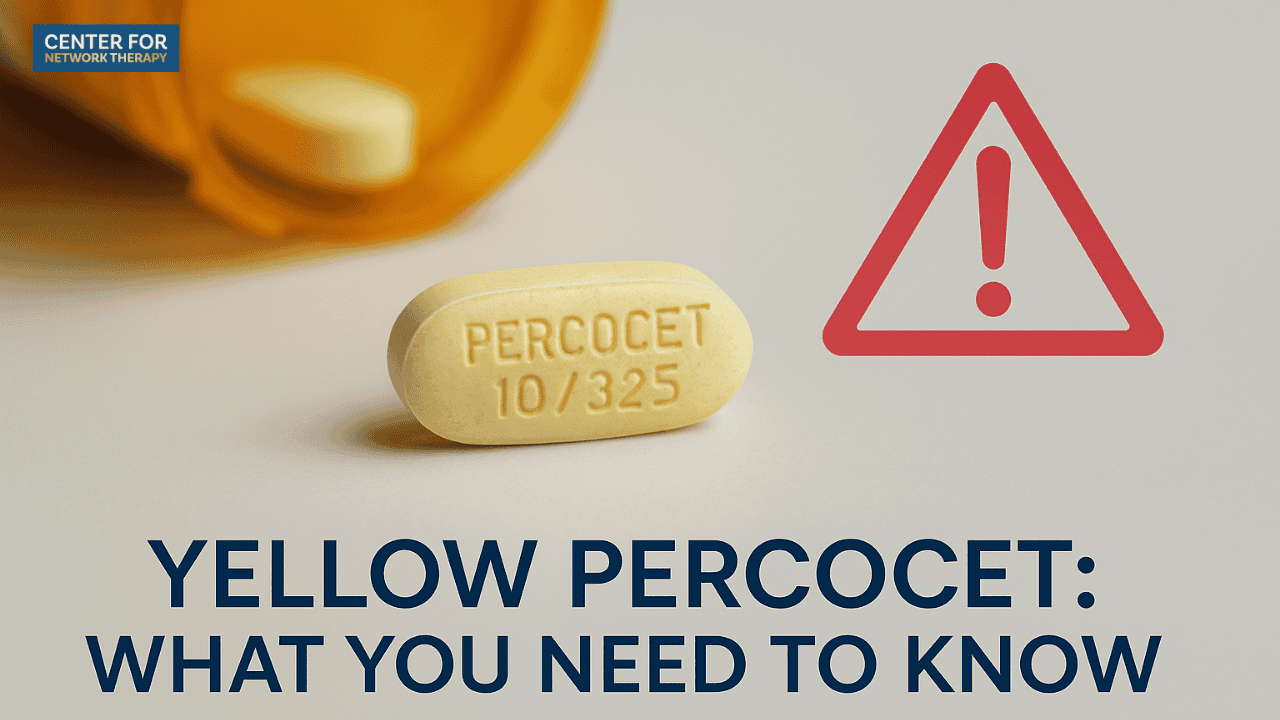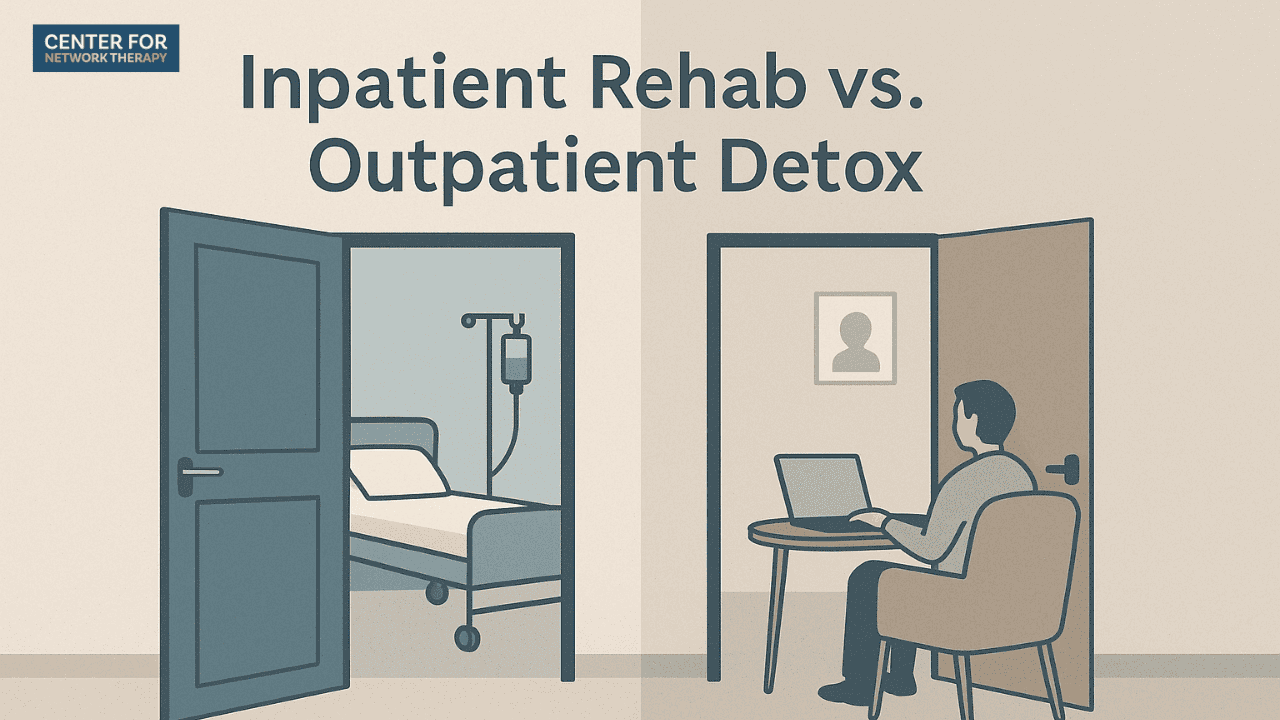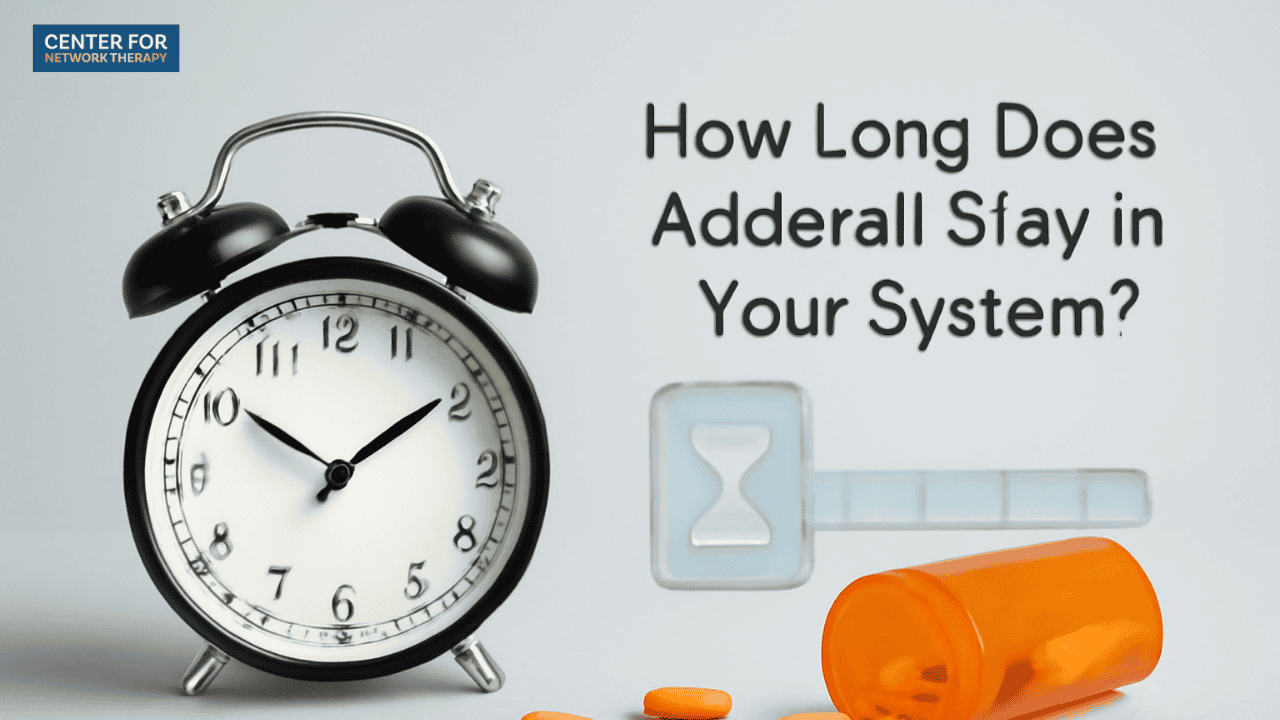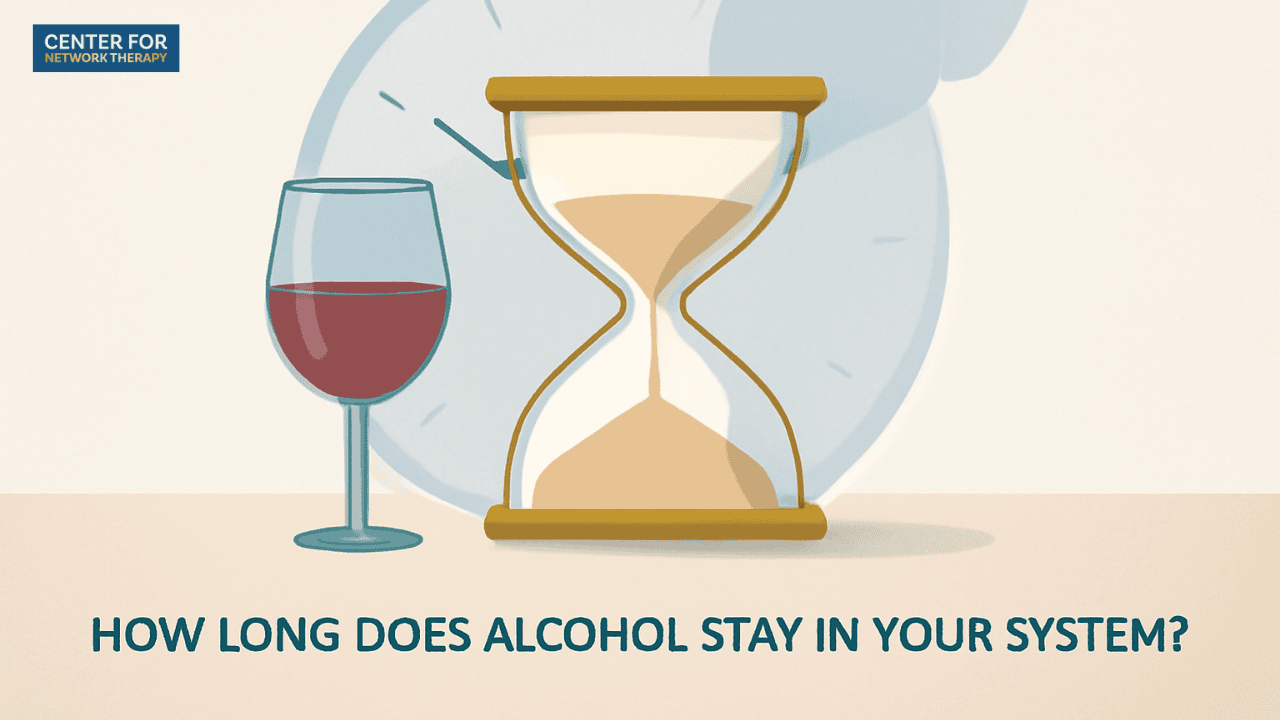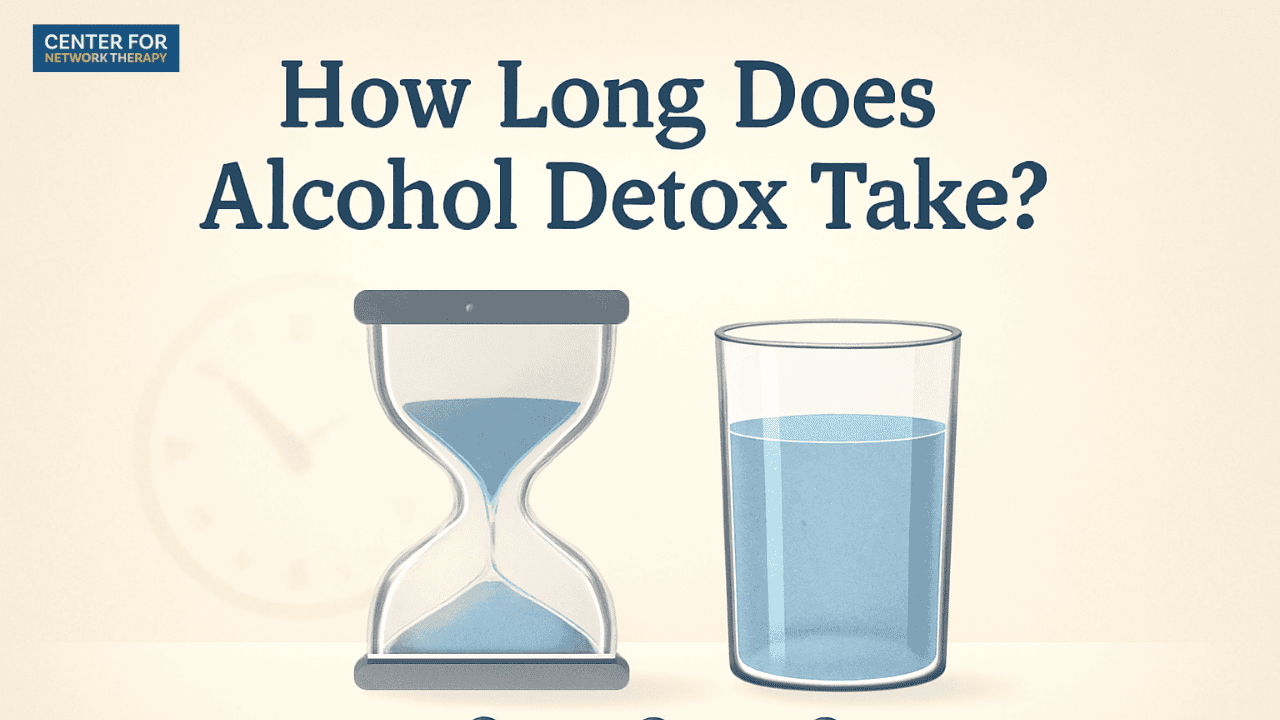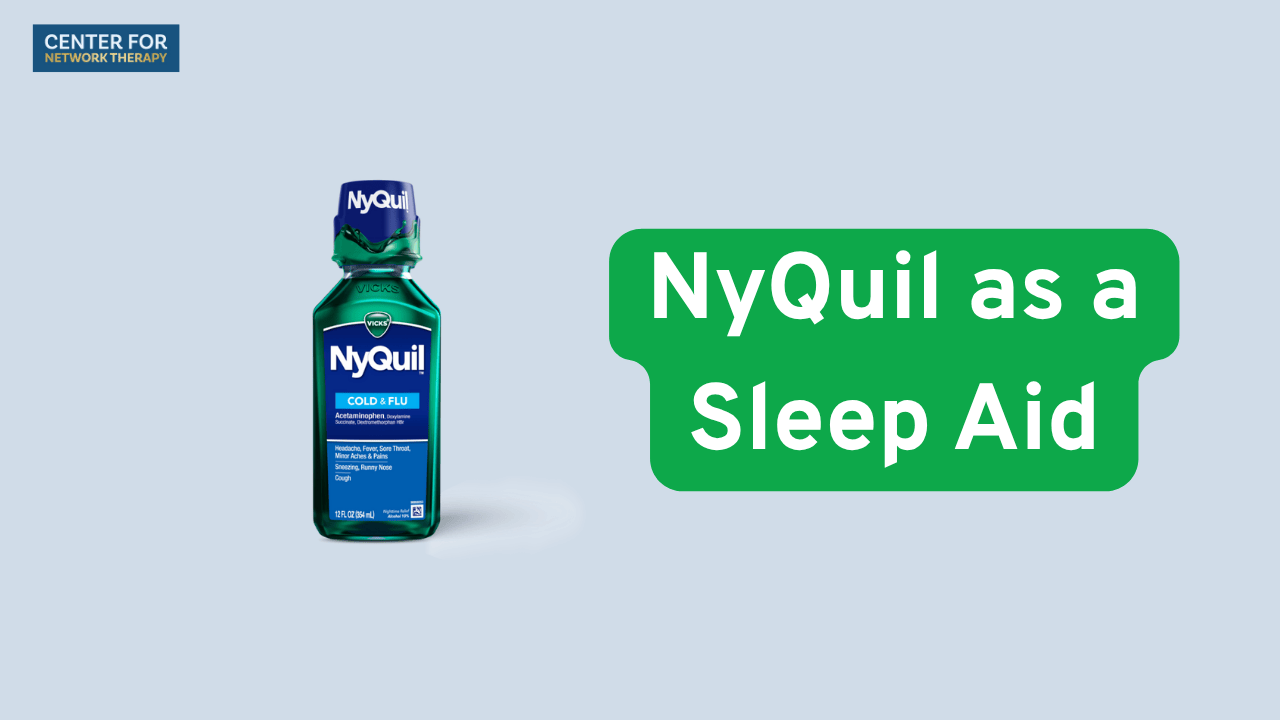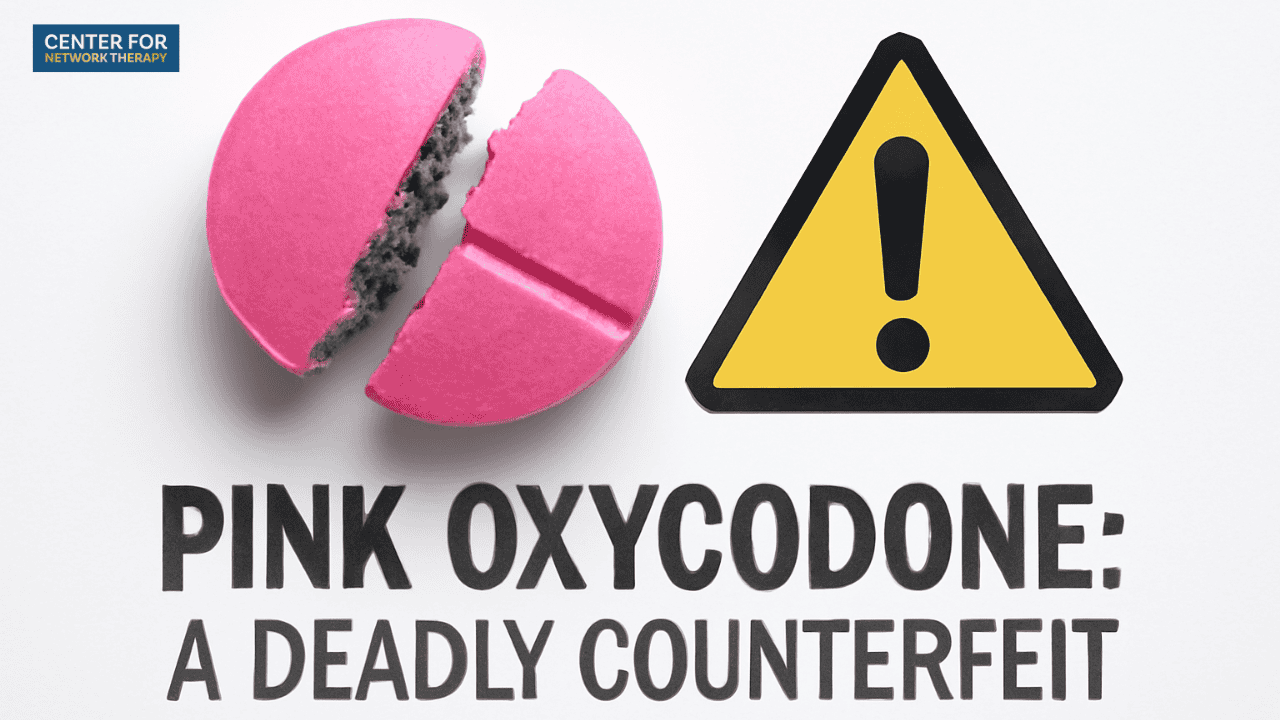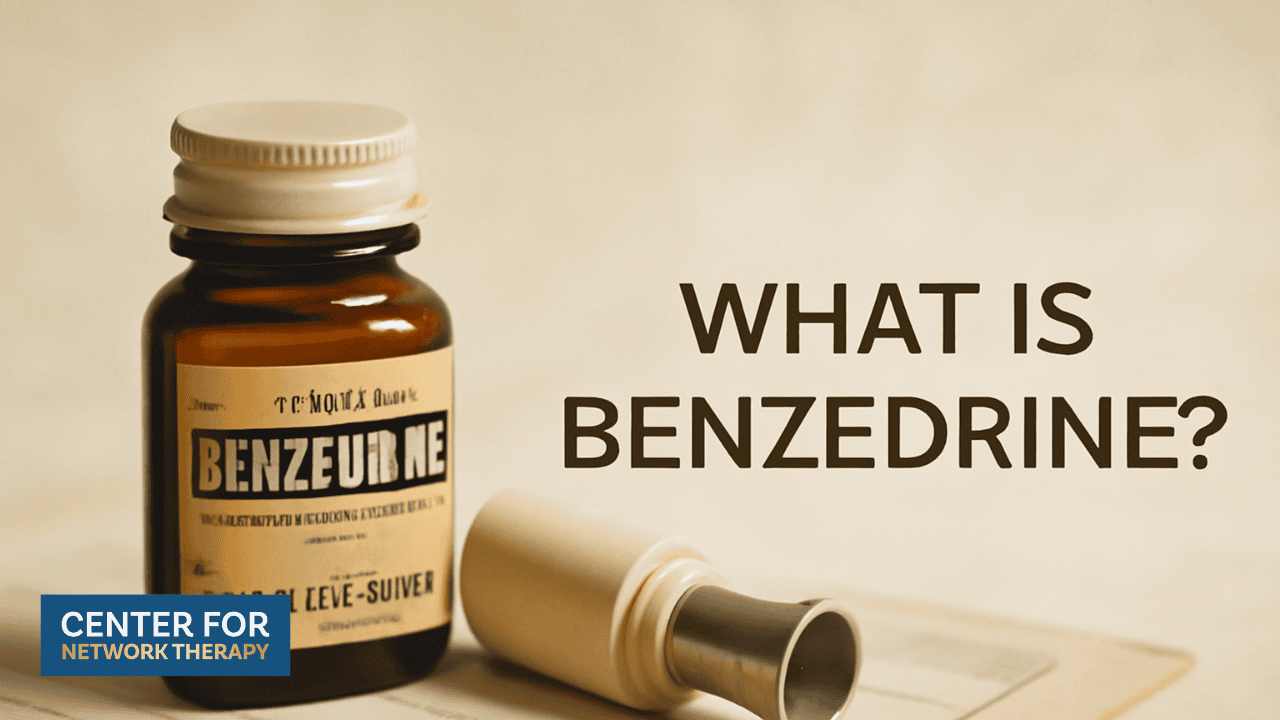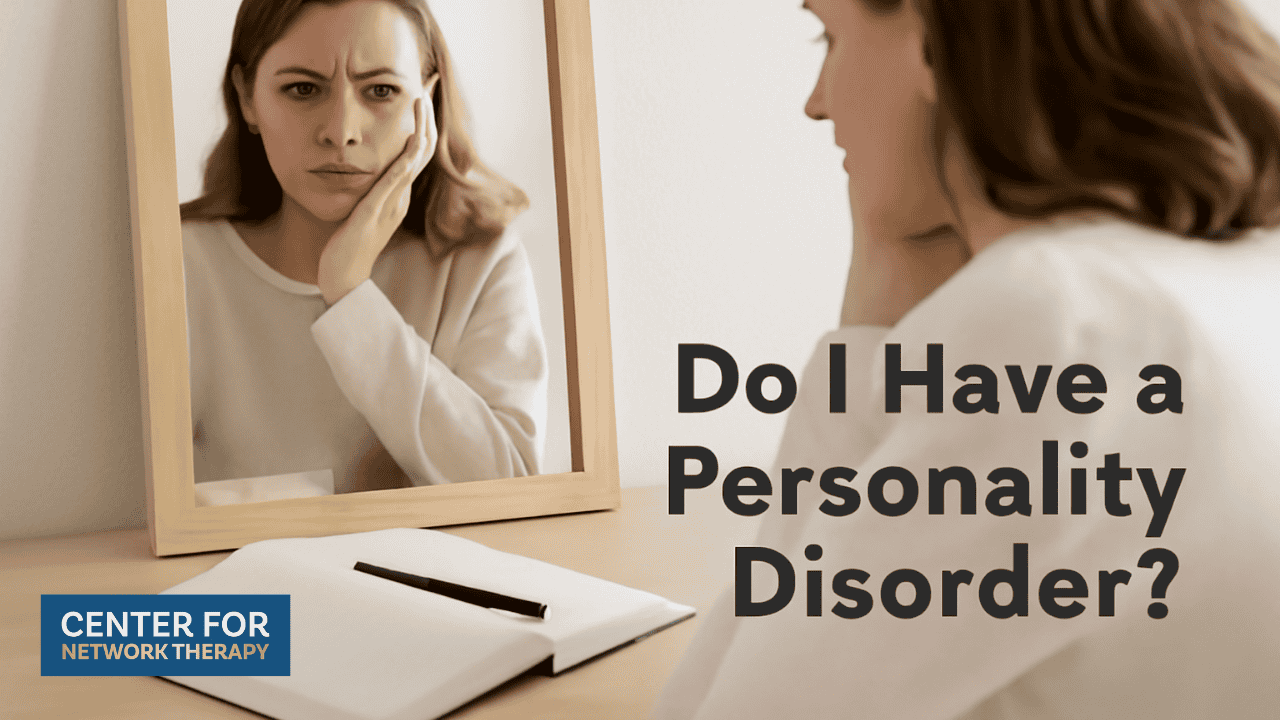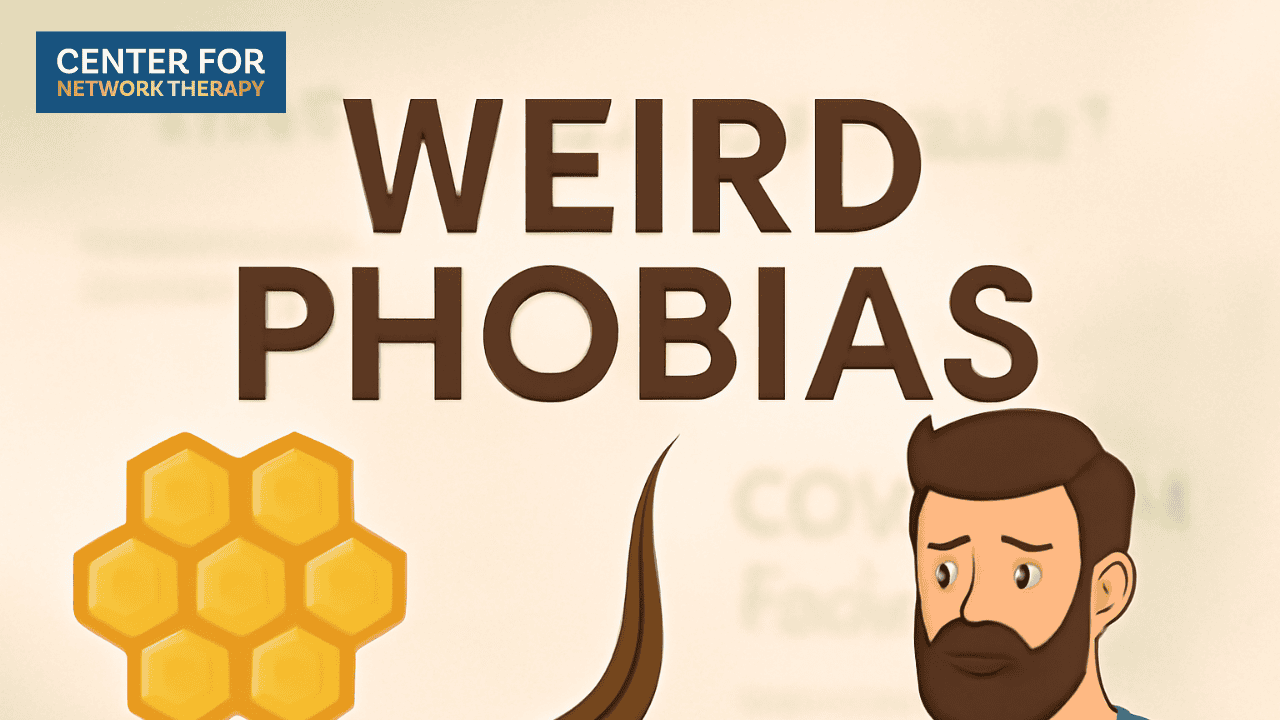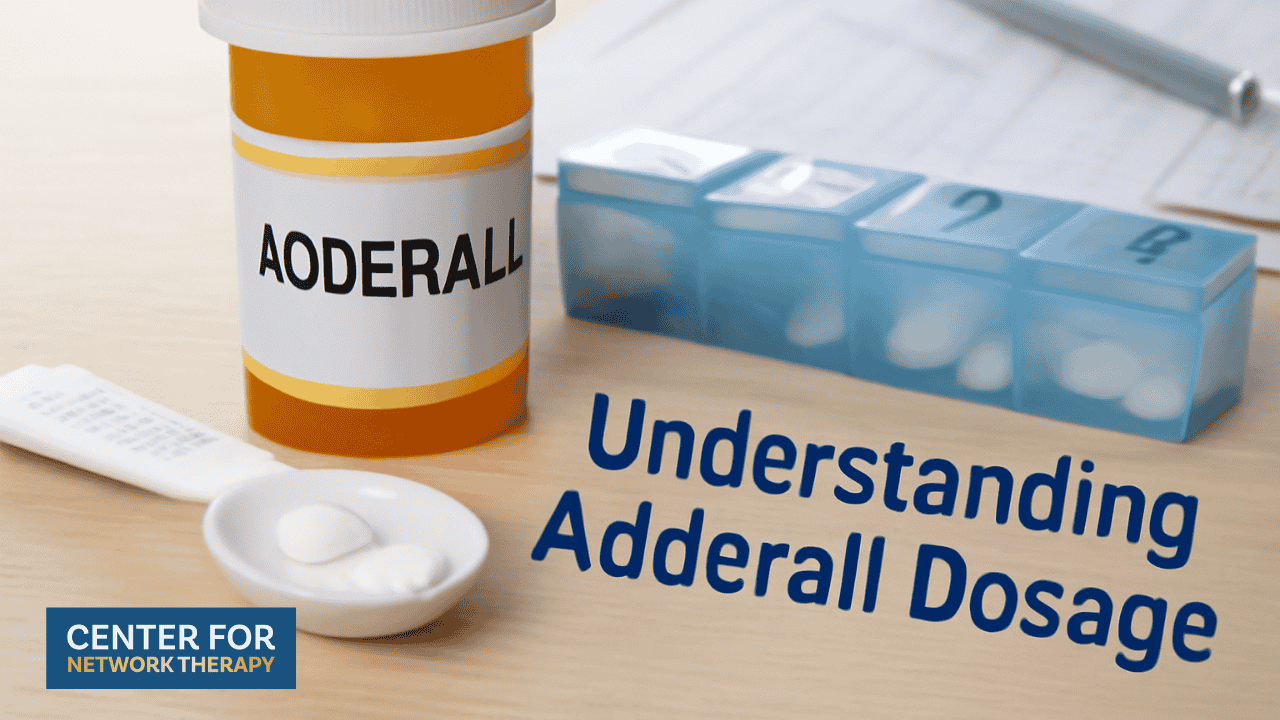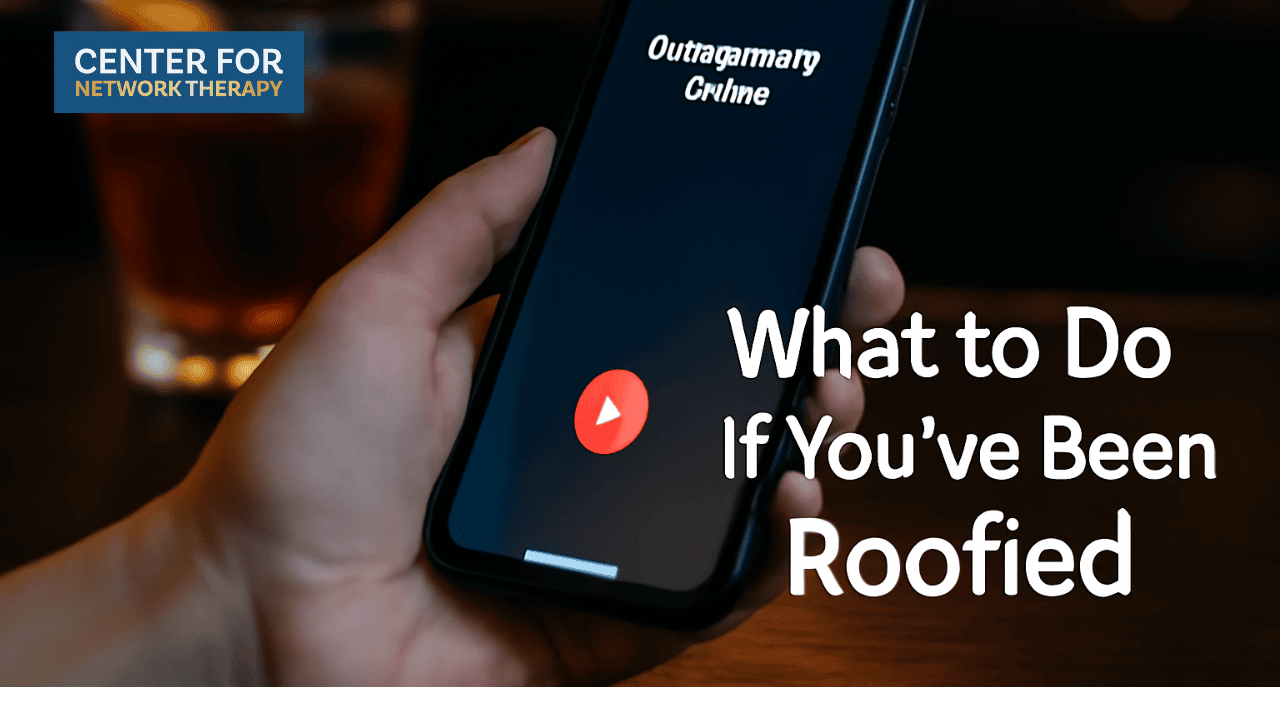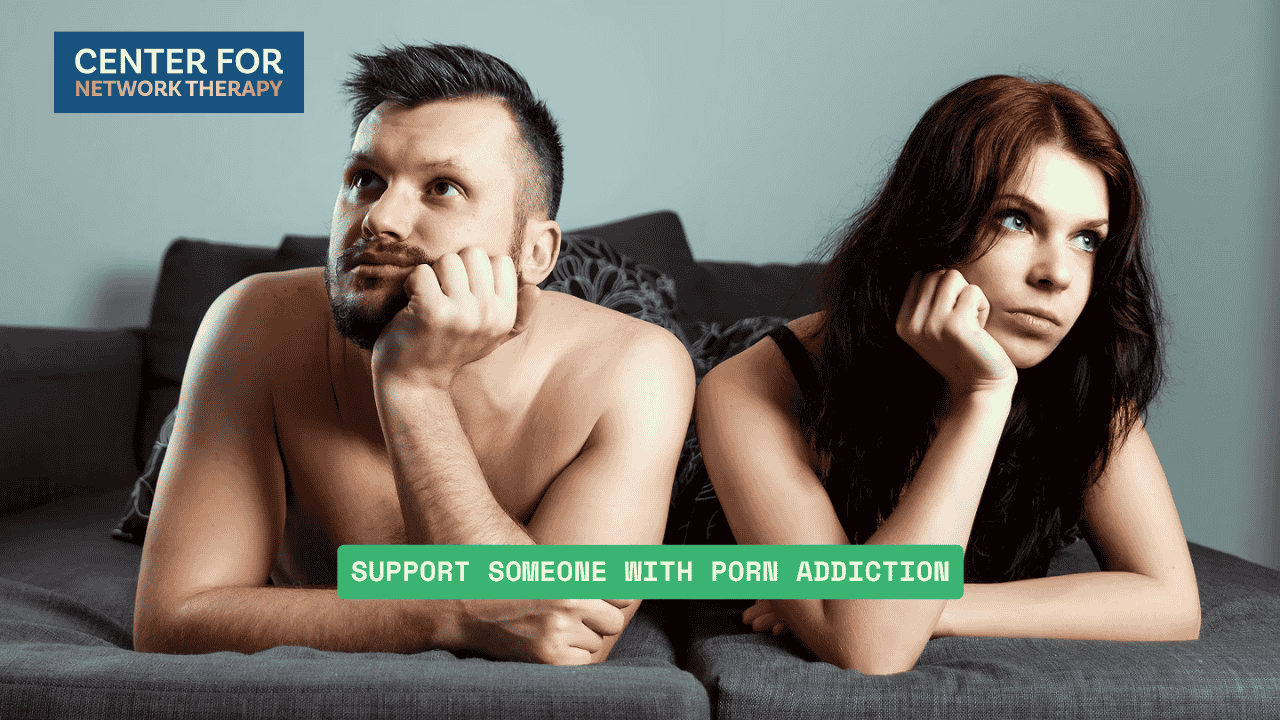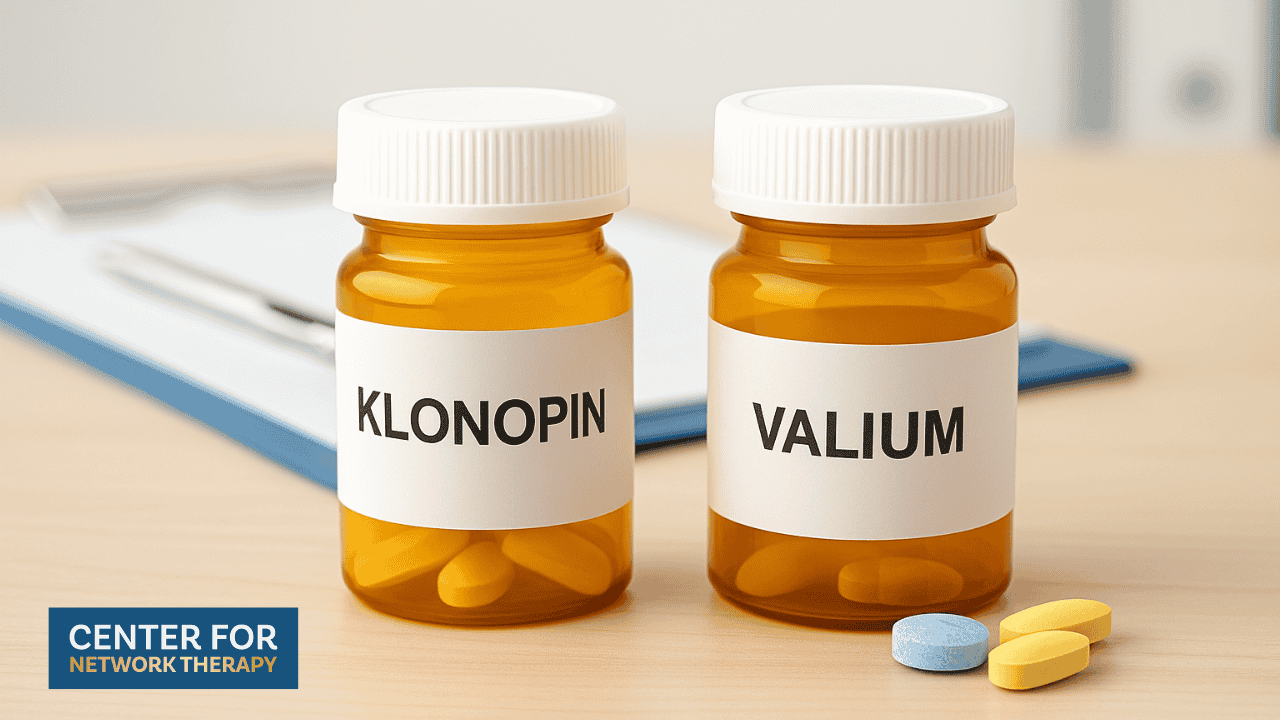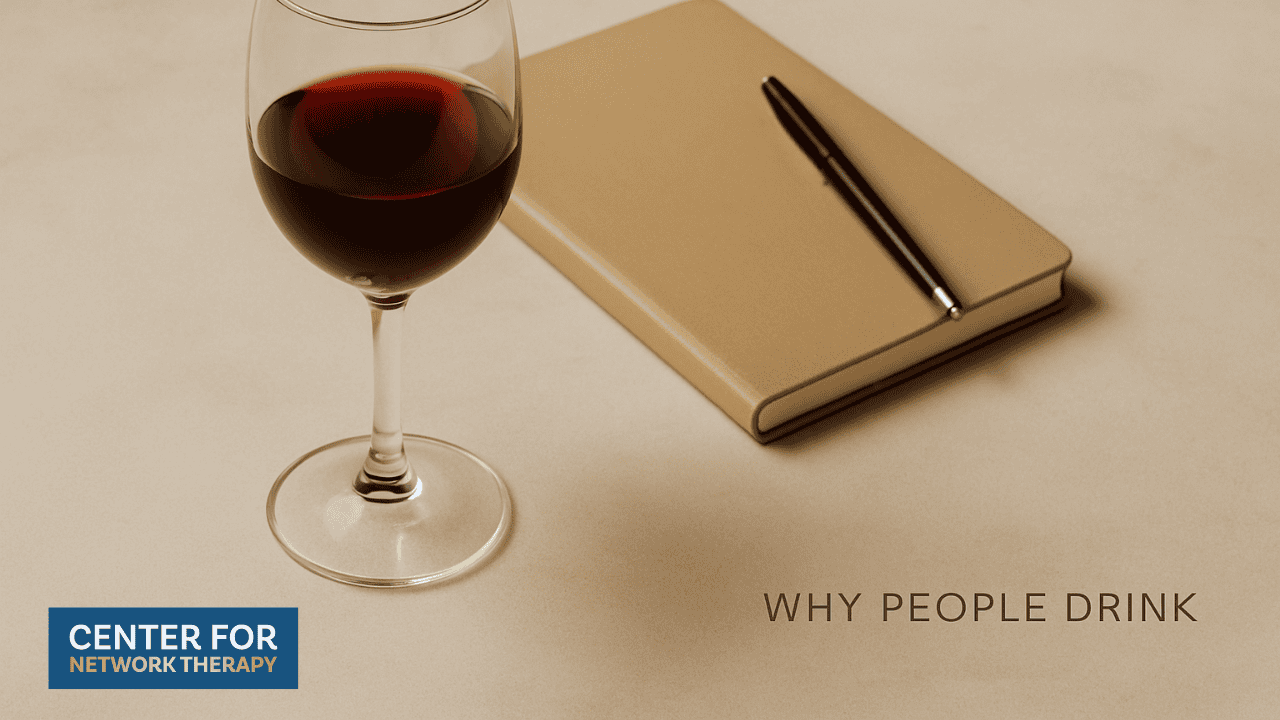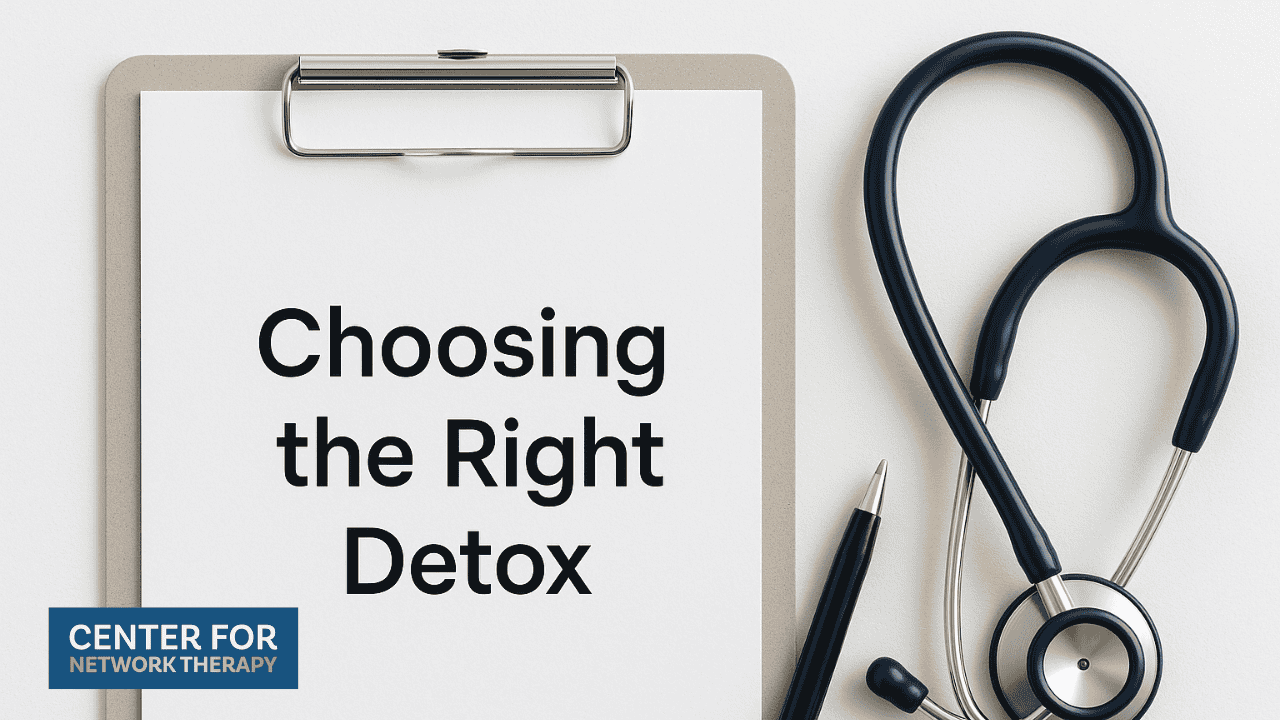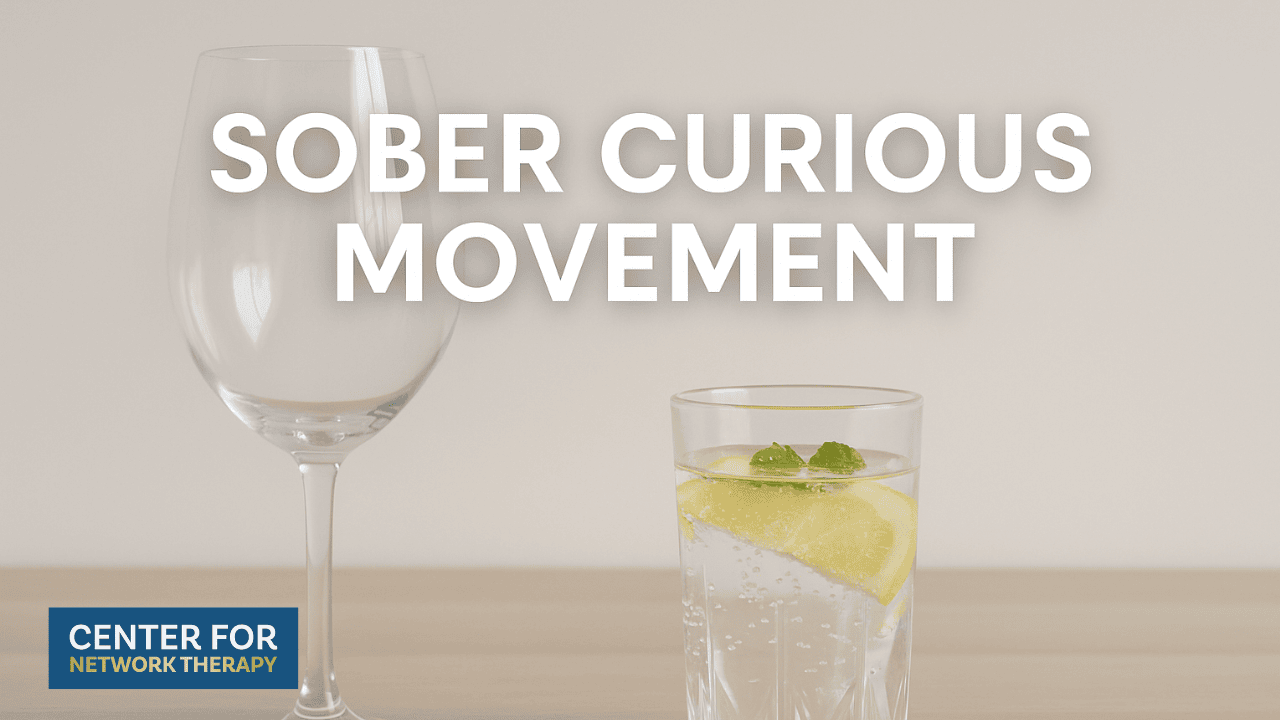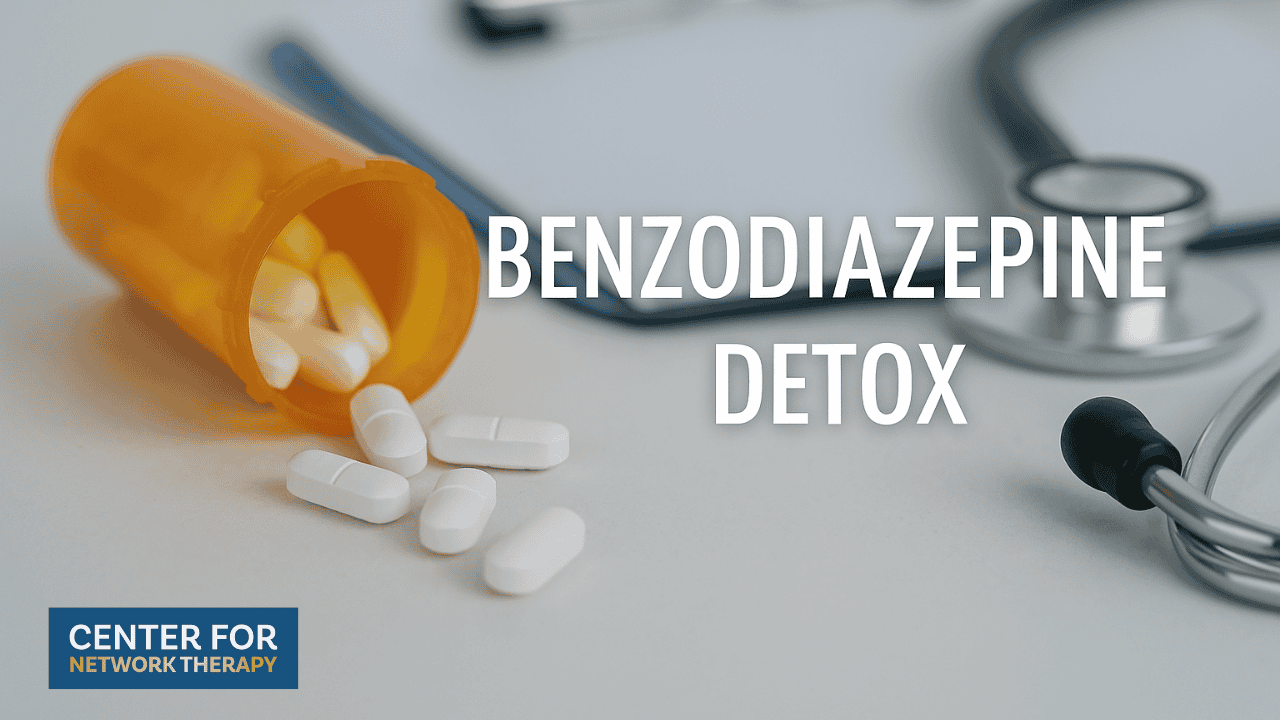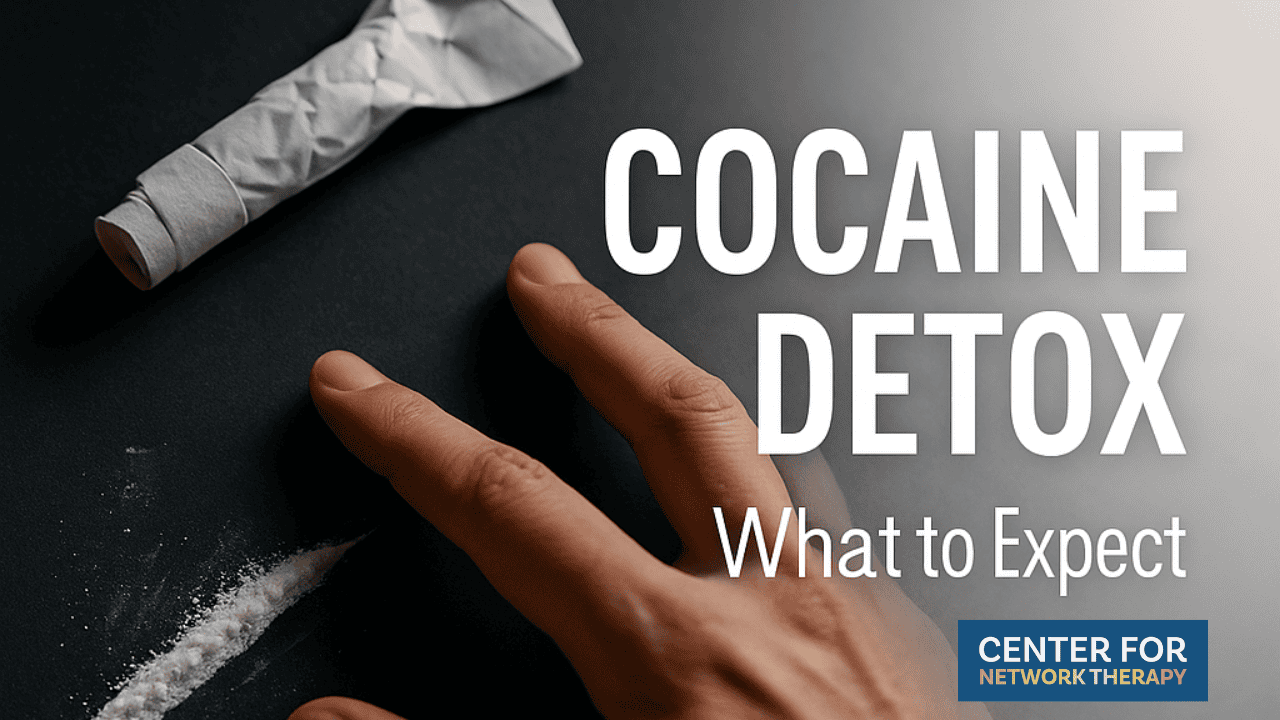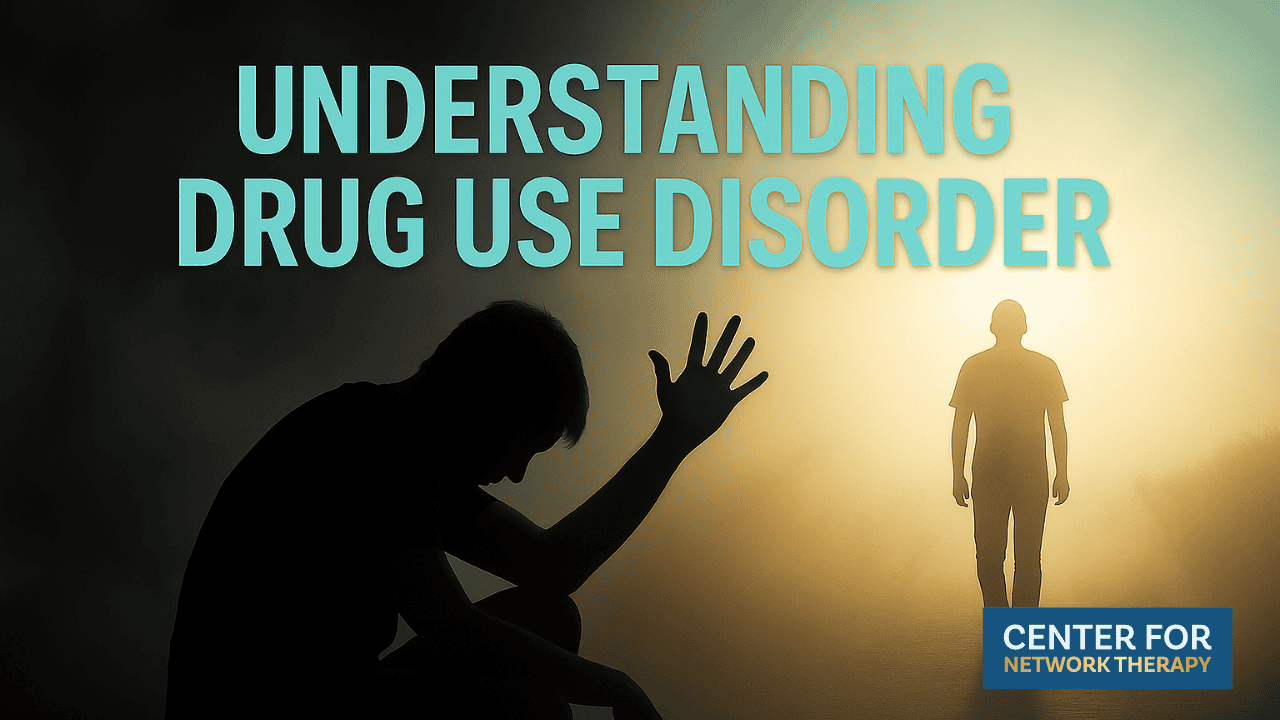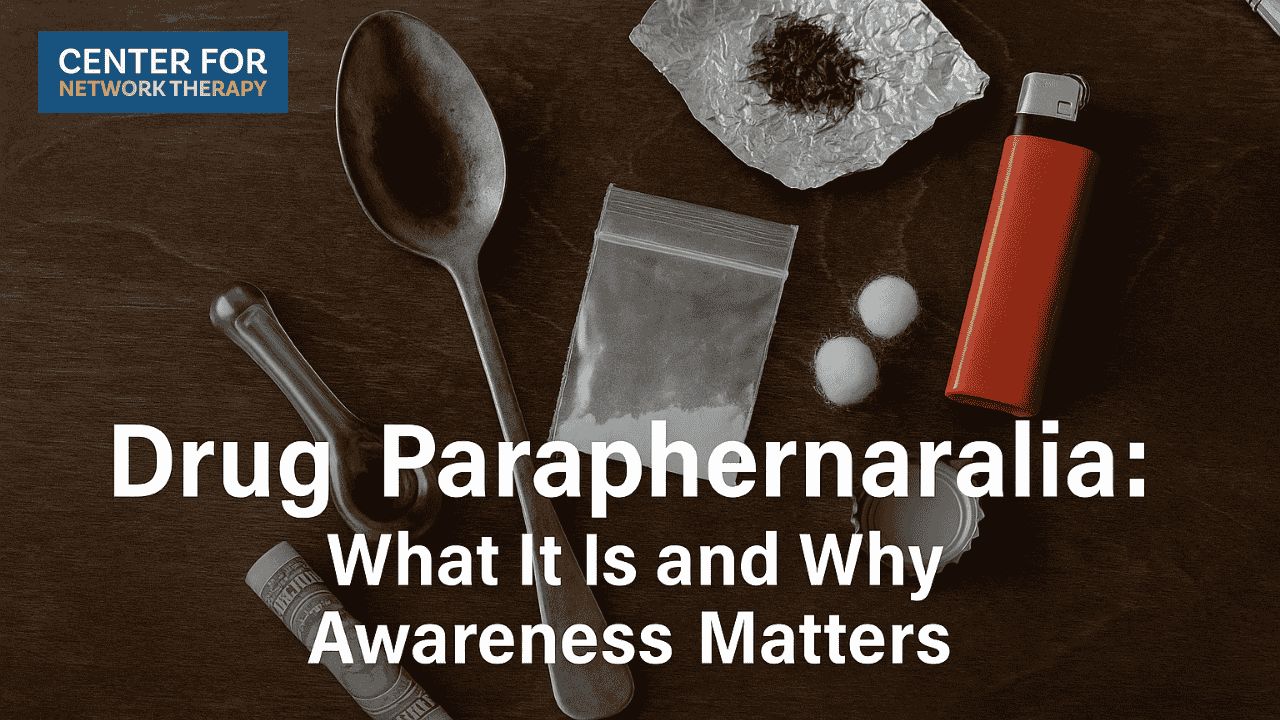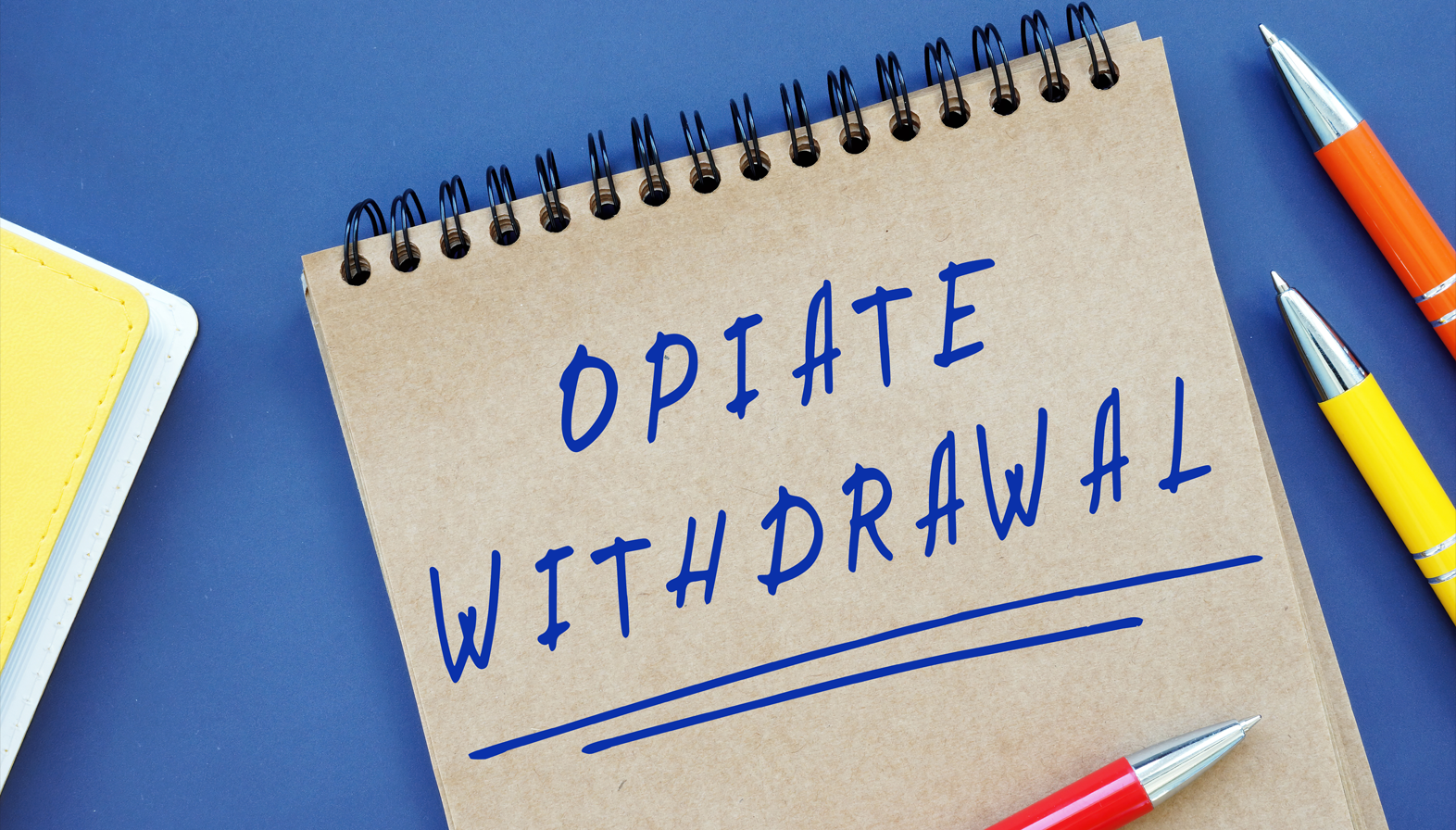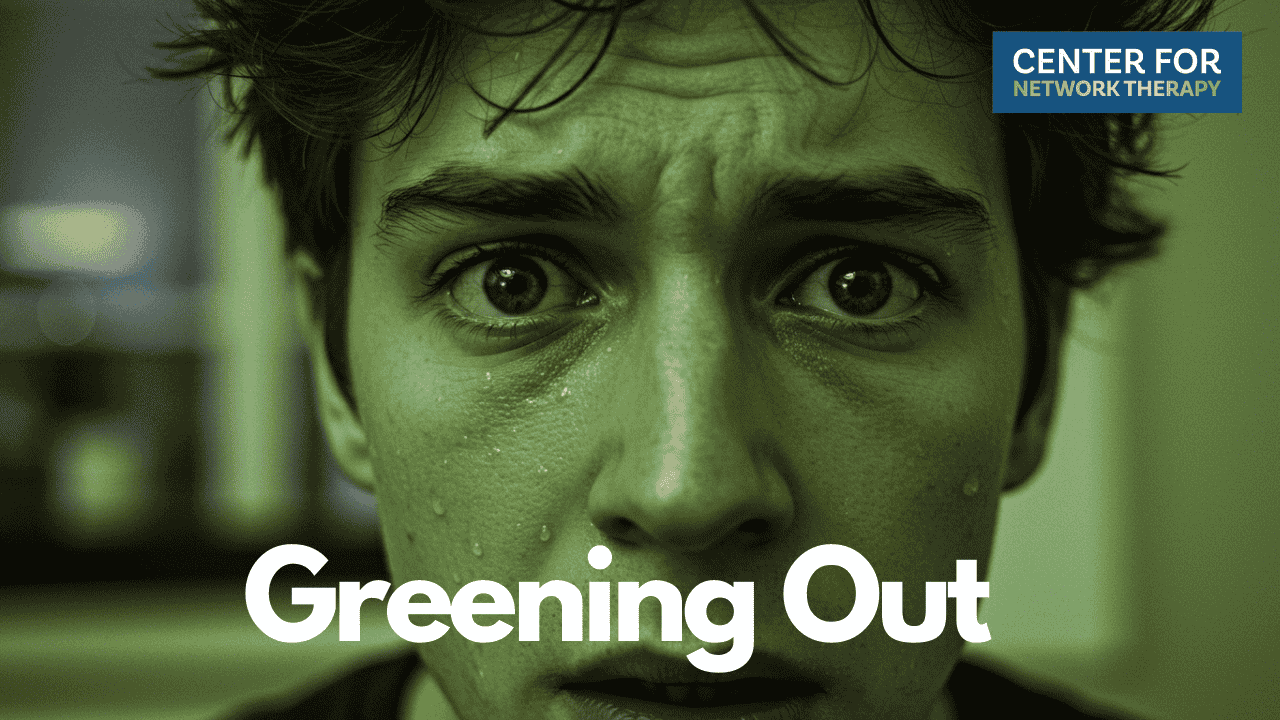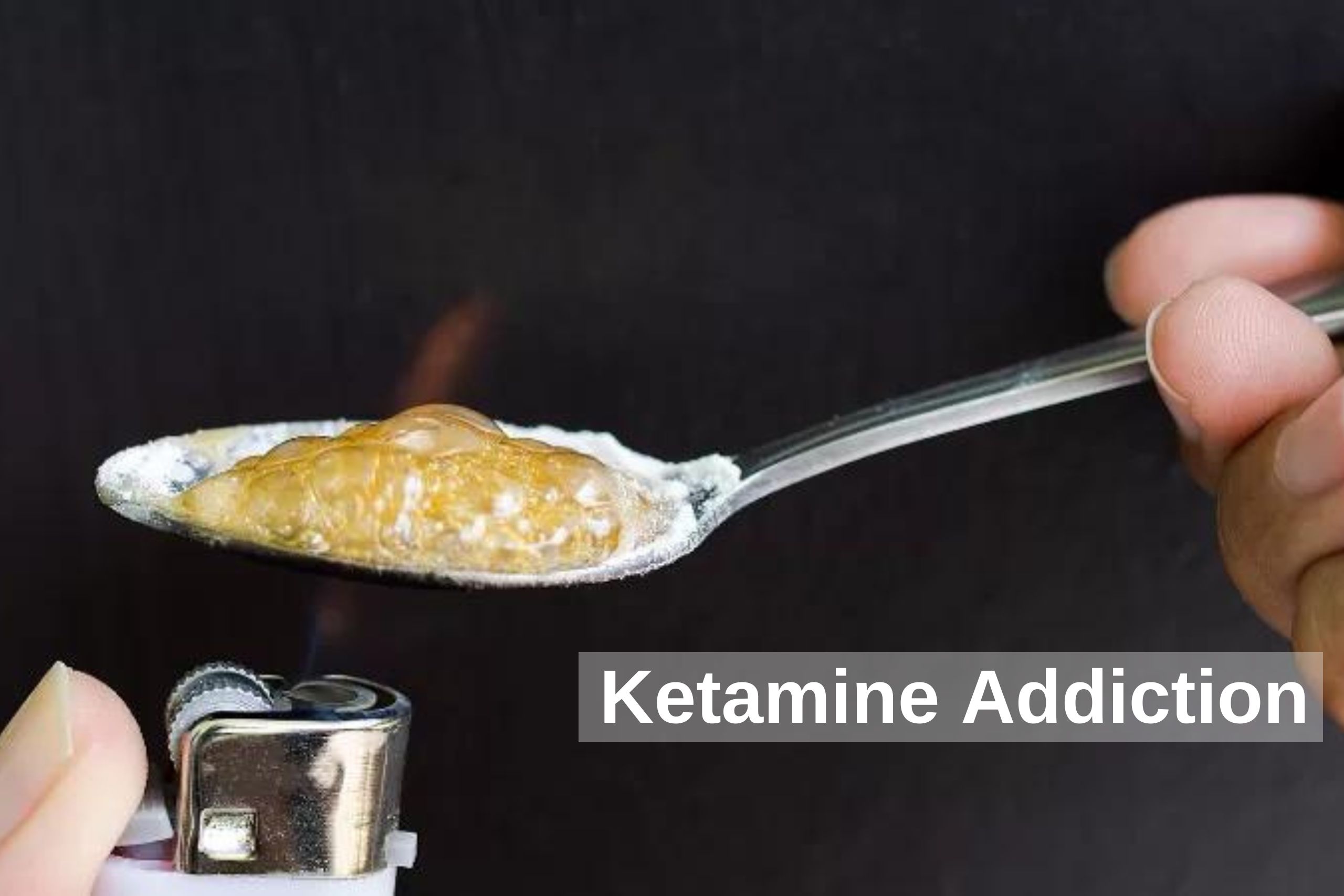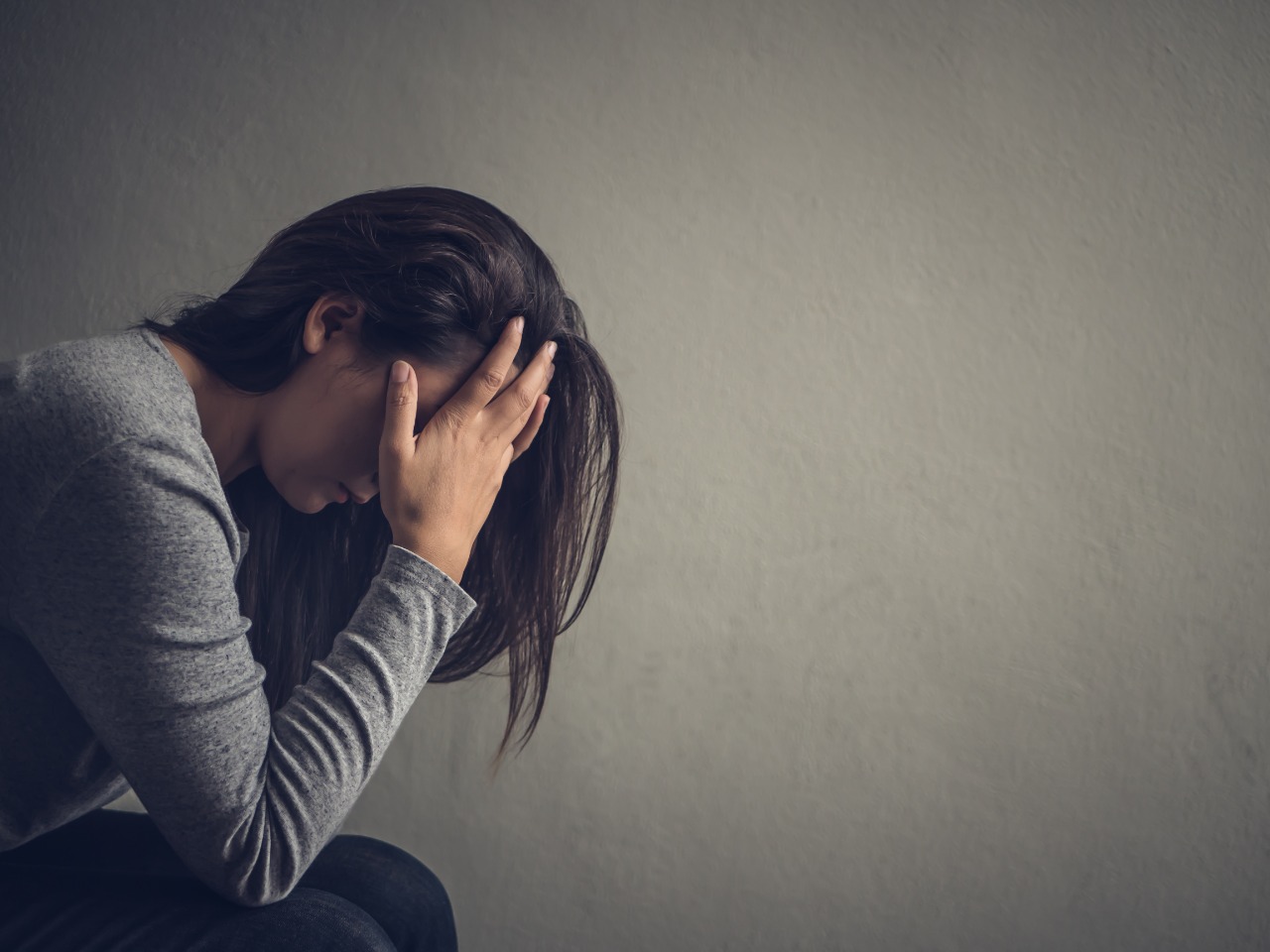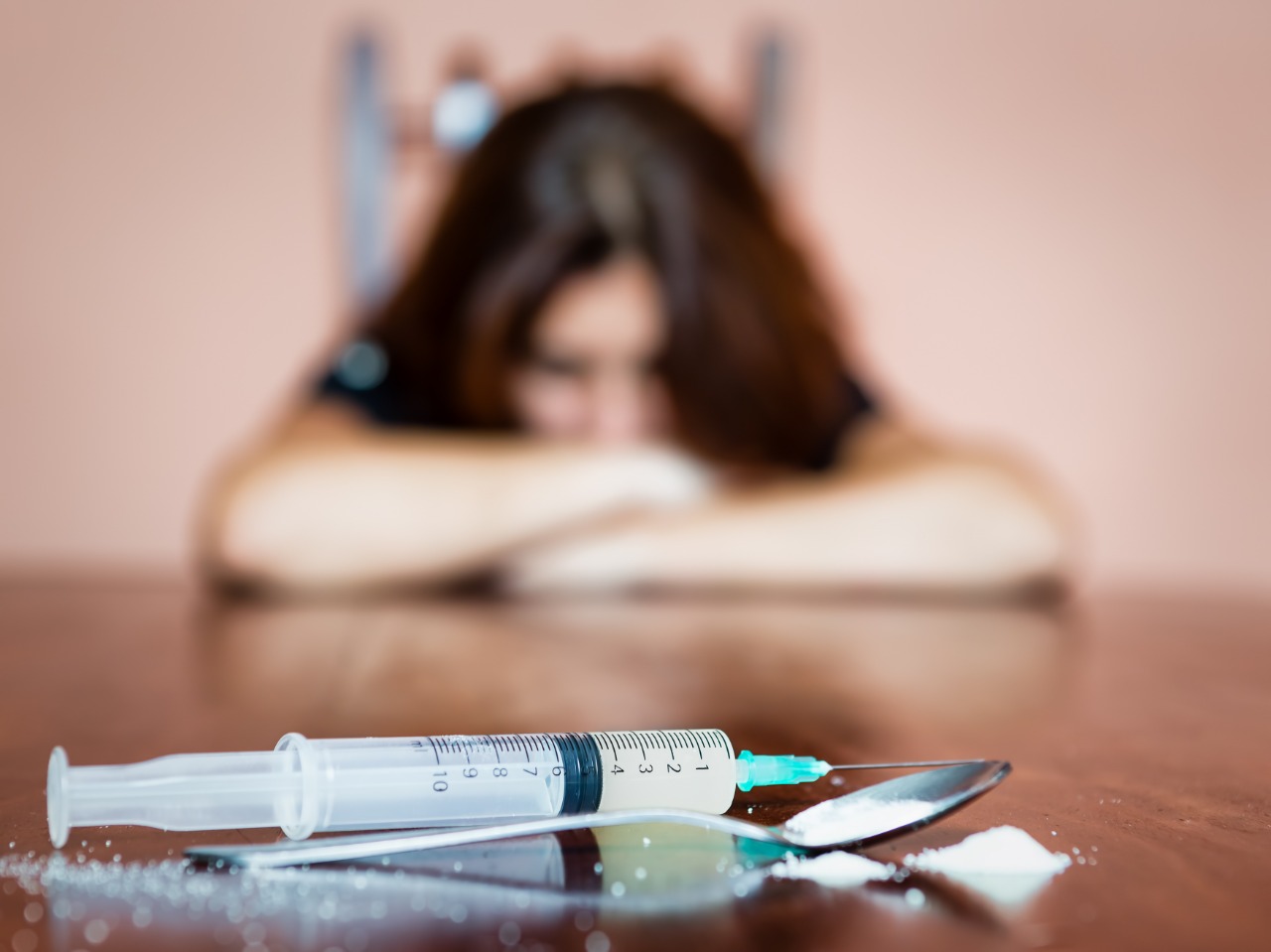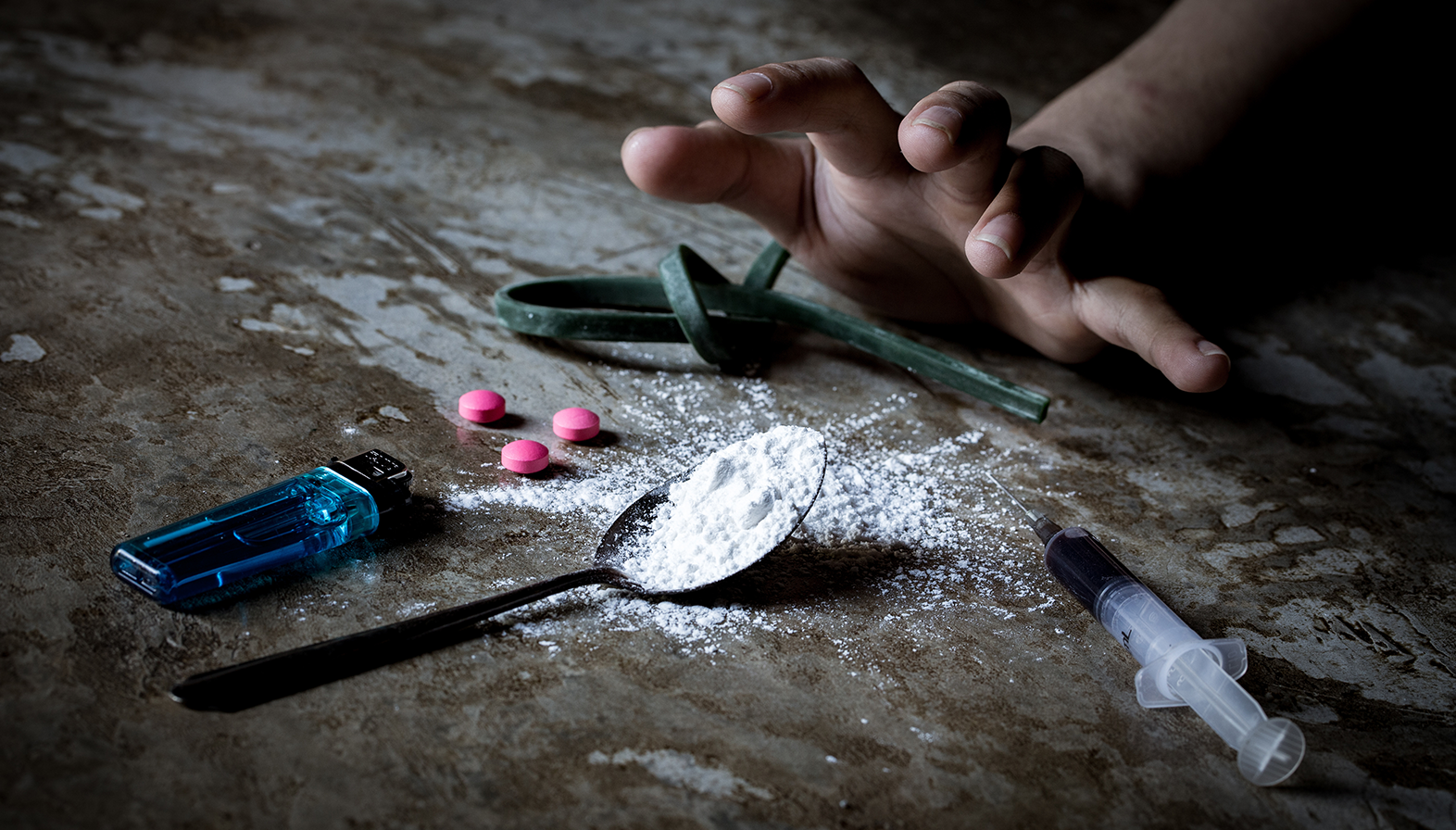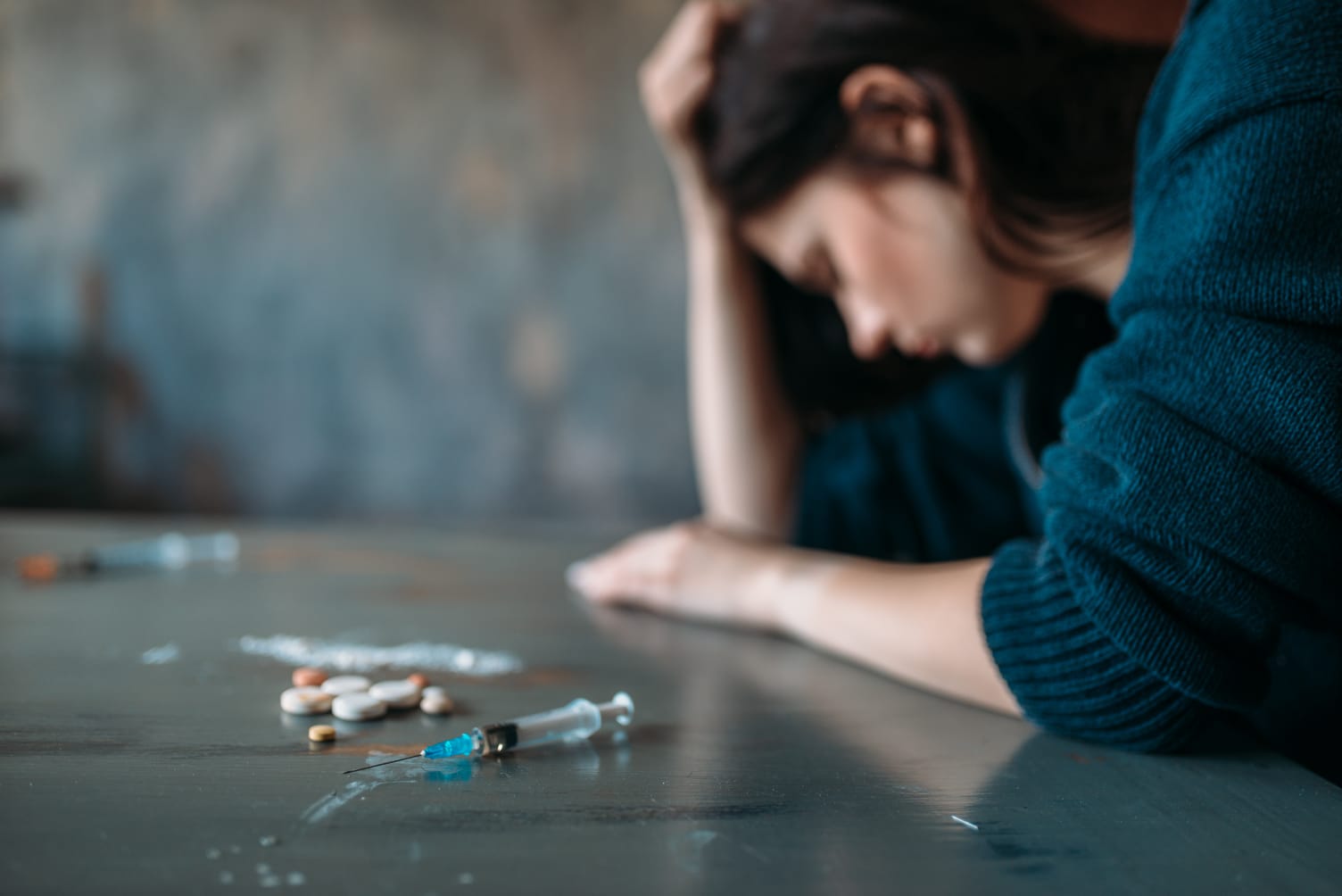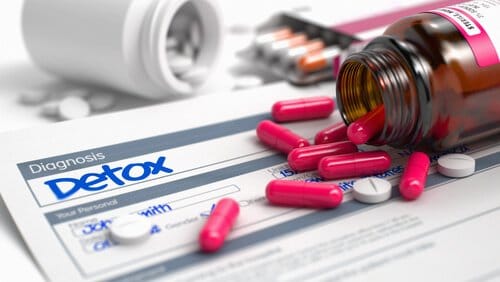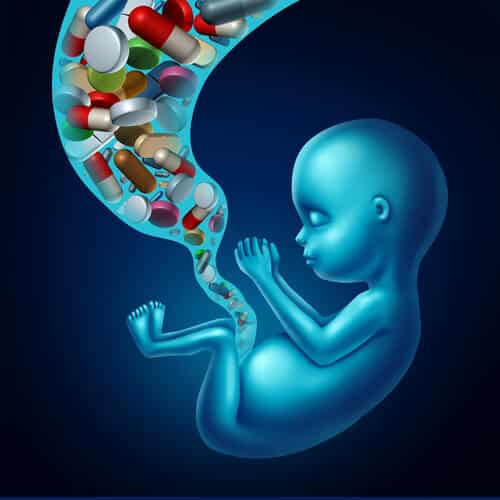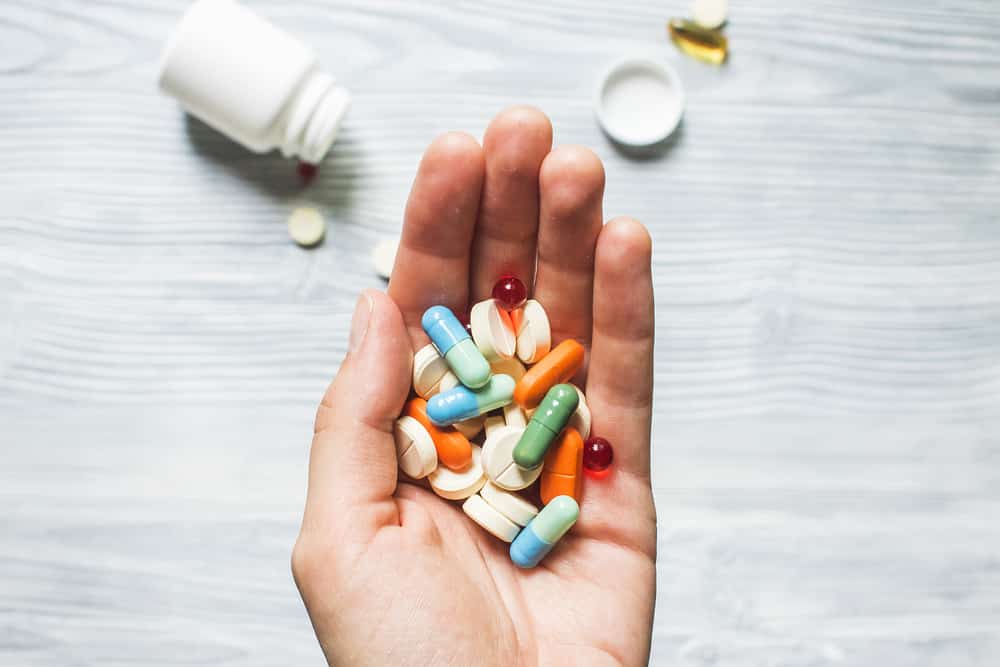Cocaine is a powerful stimulant, often associated with short-lived euphoria and energy; but the crash that follows can be brutal. Over time, repeated use of cocaine can lead to physical and psychological dependence, making it difficult to stop even when someone wants to. That’s where cocaine detox becomes not just helpful, but necessary.
If you or someone you care about is considering detox, here’s what you need to know about the process, the challenges, and the role of professional support.
Table of Contents
ToggleWhy Cocaine Detox is Essential?
Unlike some substances, cocaine doesn’t usually cause intense physical withdrawal symptoms like seizures. But that doesn’t mean detoxing is easy.
What makes cocaine detox challenging is the psychological grip the drug can have. It changes the brain’s reward system, leading to intense cravings, mood swings, anxiety, and even depression once use stops.
This is why professional detox; especially in a structured outpatient setting; can be so helpful. It gives individuals space to manage withdrawal symptoms safely, get medical supervision, and begin addressing the emotional patterns tied to use.
If you’re unfamiliar with how stimulant drugs like cocaine affect the brain and body, our blog on drug use disorder offers helpful background.
What Cocaine Withdrawal Looks Like?
Symptoms can vary based on how long someone has used, how much, and their general mental health. That said, many people going through cocaine detox experience:
- Intense cravings for the drug
- Fatigue and low energy
- Anxiety, restlessness, or irritability
- Depression or feelings of hopelessness
- Difficulty concentrating or sleeping
- Vivid dreams or nightmares
These symptoms often peak in the first few days and then gradually lessen. However emotional and mental symptoms can linger, which is why ongoing support is so important.
Can You Detox from Cocaine at Home?
Technically, yes. But that doesn’t always mean it’s the best option.
Without support, the chances of returning to use are much higher; not because of weakness, but because cravings and emotional withdrawal can become overwhelming. Many people relapse just to feel “normal” again.
Choosing an outpatient detox program like the one offered at the Center for Network Therapy means you don’t have to go through it alone. You get medical supervision, emotional support, and a plan for what comes next.
We explain the benefits of this approach in more depth in our guide to outpatient detox.
CNT’s Approach to Cocaine Detox
At CNT, we provide outpatient detox programs that let people stay connected to their lives, work, family, and responsibilities while getting the care they need. We understand that detox isn’t just about removing the drug from the body. It’s also about:
- Understanding the mental health side of addiction
- Managing cravings in real-time
- Creating a path toward sustainable recovery
Our team offers nonjudgmental support, personalized care, and access to additional services when needed.
What Comes After Detox?
Detox is only the beginning. Once the drug is out of your system, that’s when the deeper healing starts.
Many people benefit from ongoing counseling, group therapy, or outpatient treatment programs that focus on rebuilding routine, relationships, and emotional health. Our team helps each person explore what comes next based on their goals and needs.
If you’re supporting a loved one, our guide to helping someone seek detox may offer practical insights; even if the substance is different.
If You’re Thinking About Detox, You’re Already Taking a Brave Step
Cocaine use can take a serious toll, but it doesn’t have to define you.
If you’re ready to take the next step, or even just want to learn more about how outpatient detox works, our team is here to help.
Visit our Contact Page to get in touch or explore our Resource Center for more information.
Sources:
- National Institute on Drug Abuse: Cocaine DrugFacts
- SAMHSA: Treatment for Stimulant Use Disorders
- CDC: Substance Use and Overdose Prevention
Disclaimer: This blog is meant to offer guidance and education, not medical advice. If you’re feeling uncertain about your relationship with substances, you don’t have to figure it out alone. A healthcare provider can help; or if you’re not ready to talk, our anonymous self-check quiz is a gentle place to begin.




